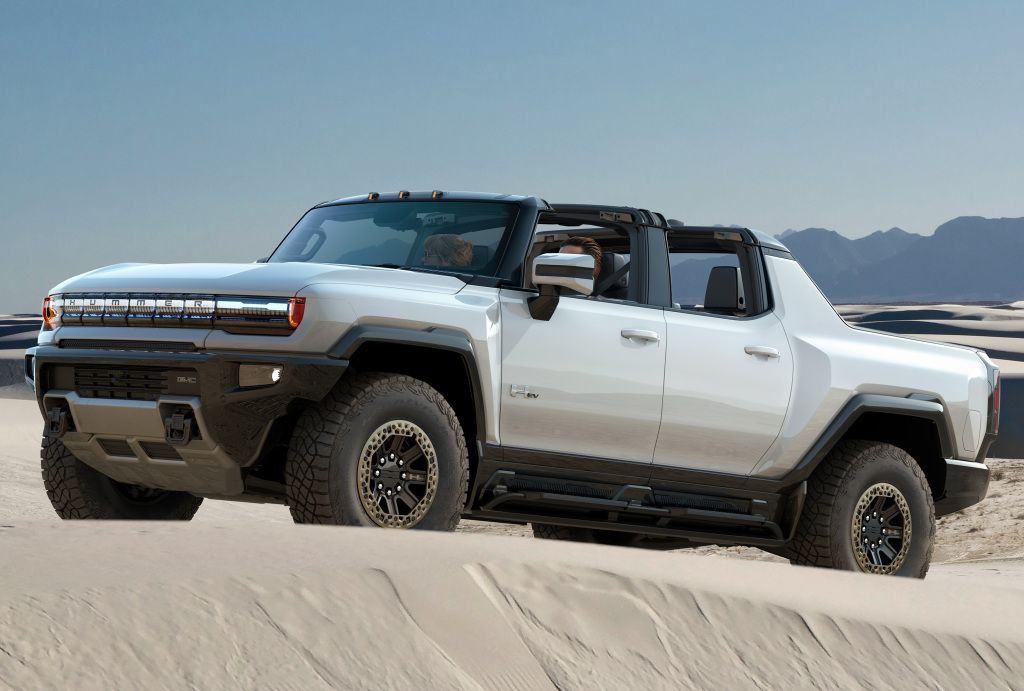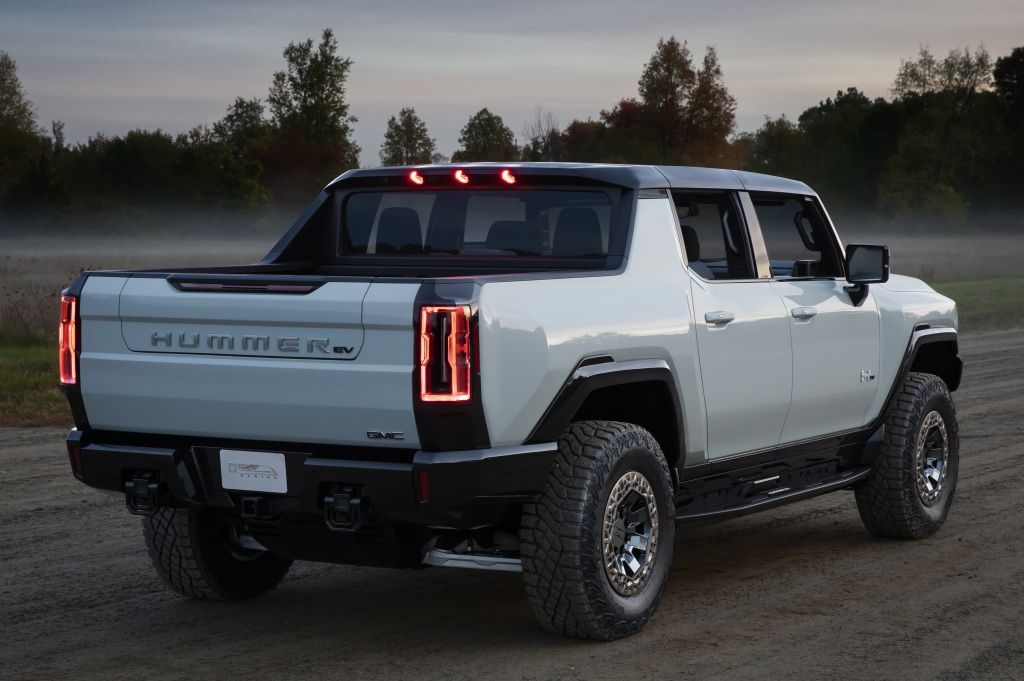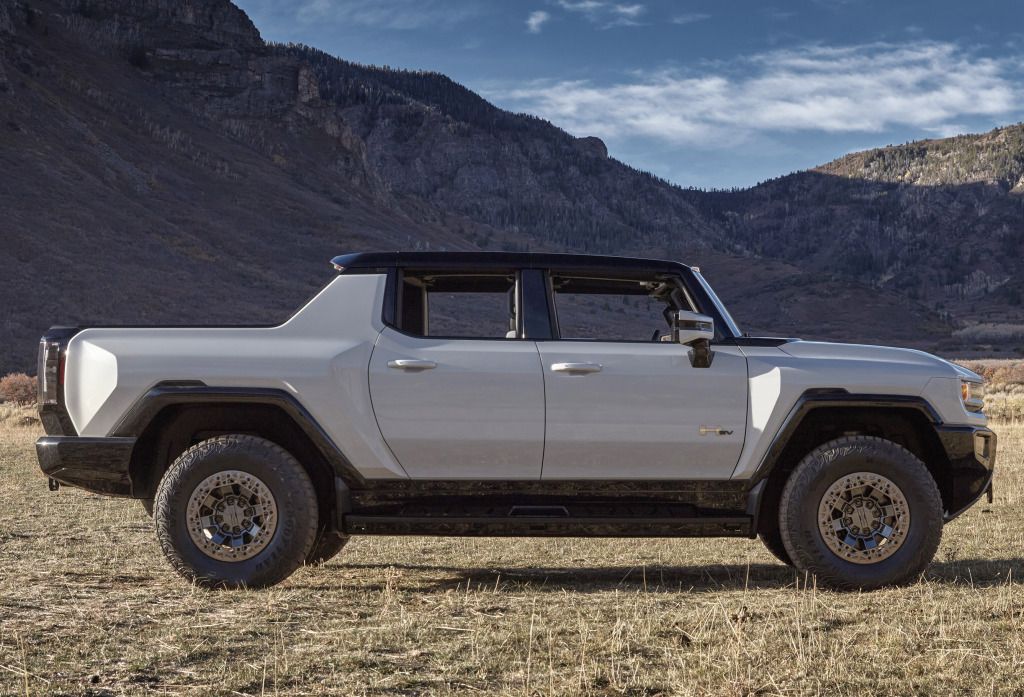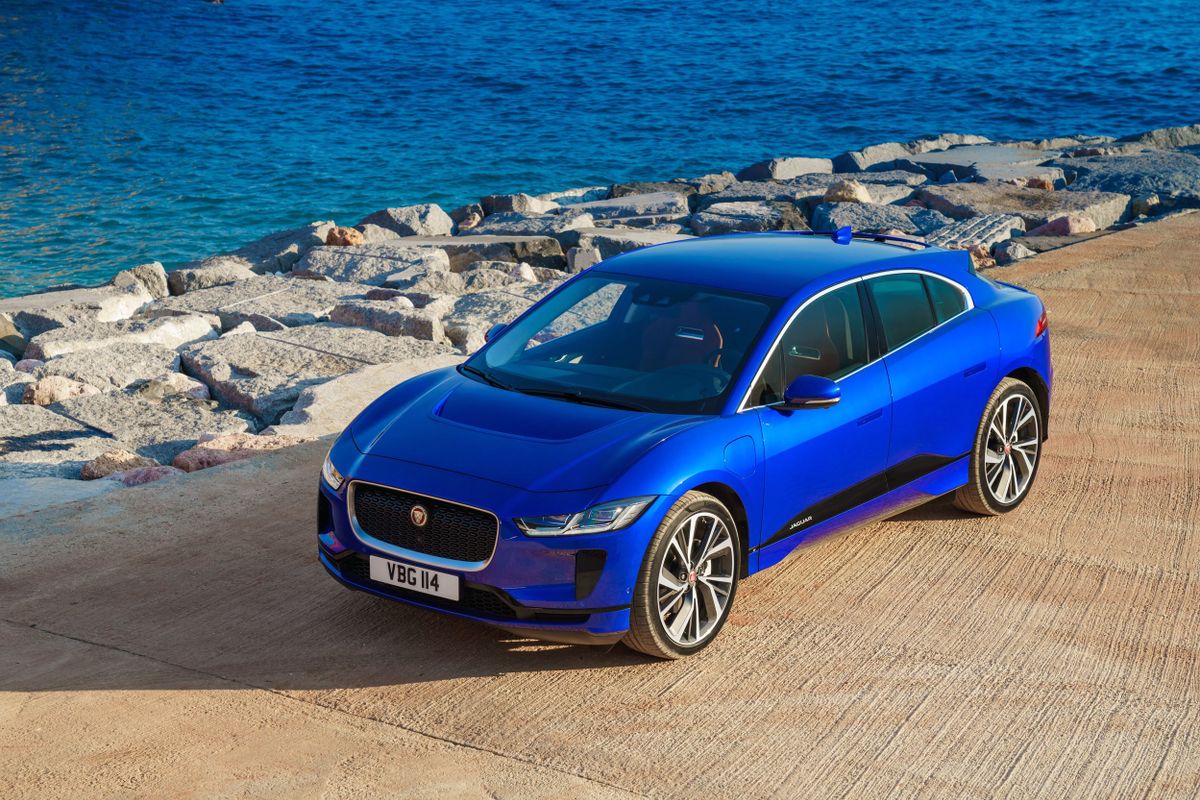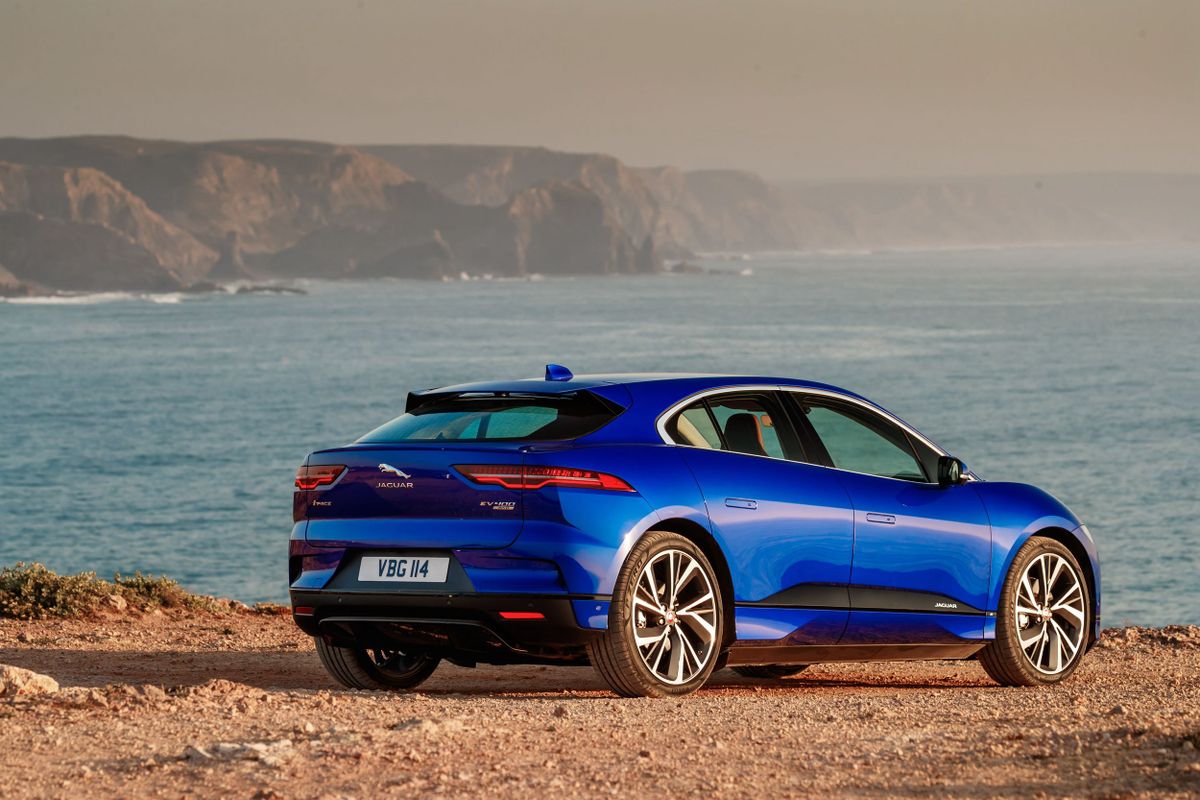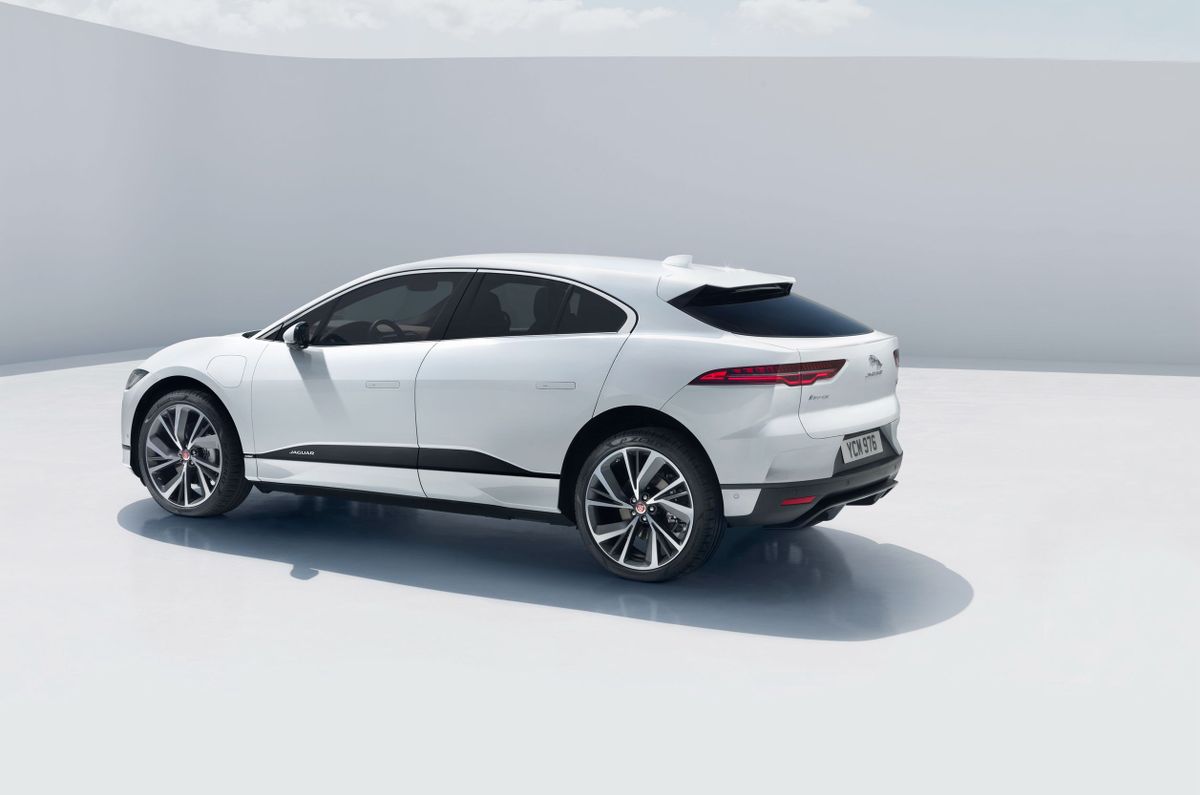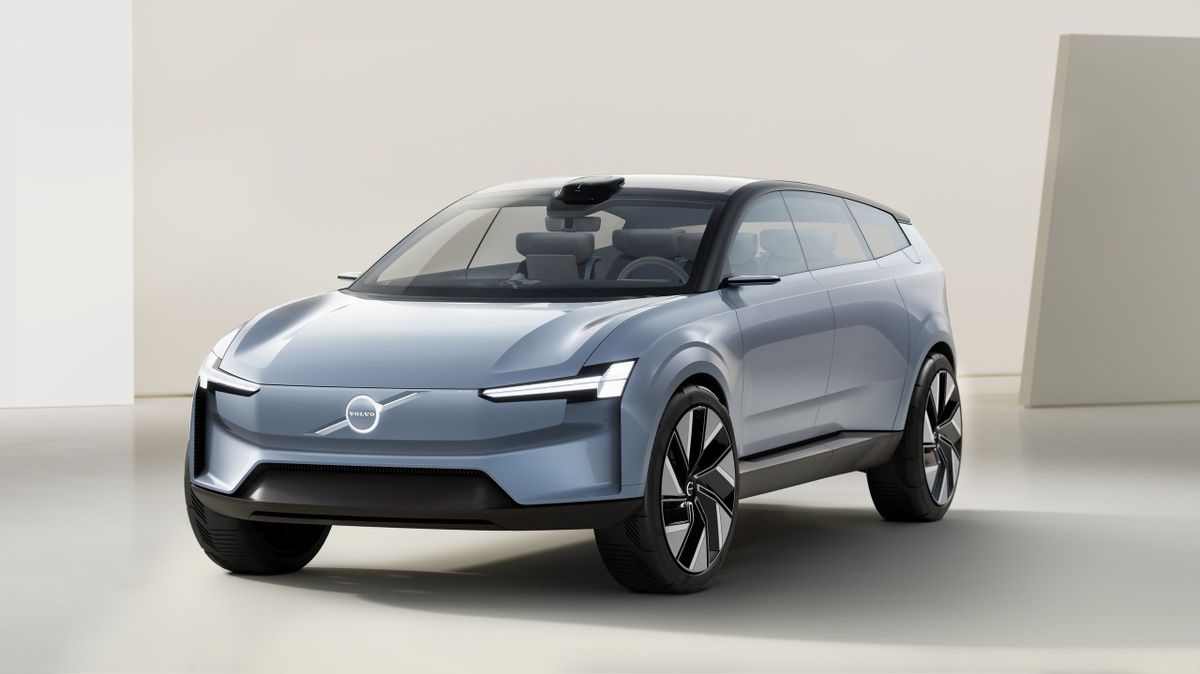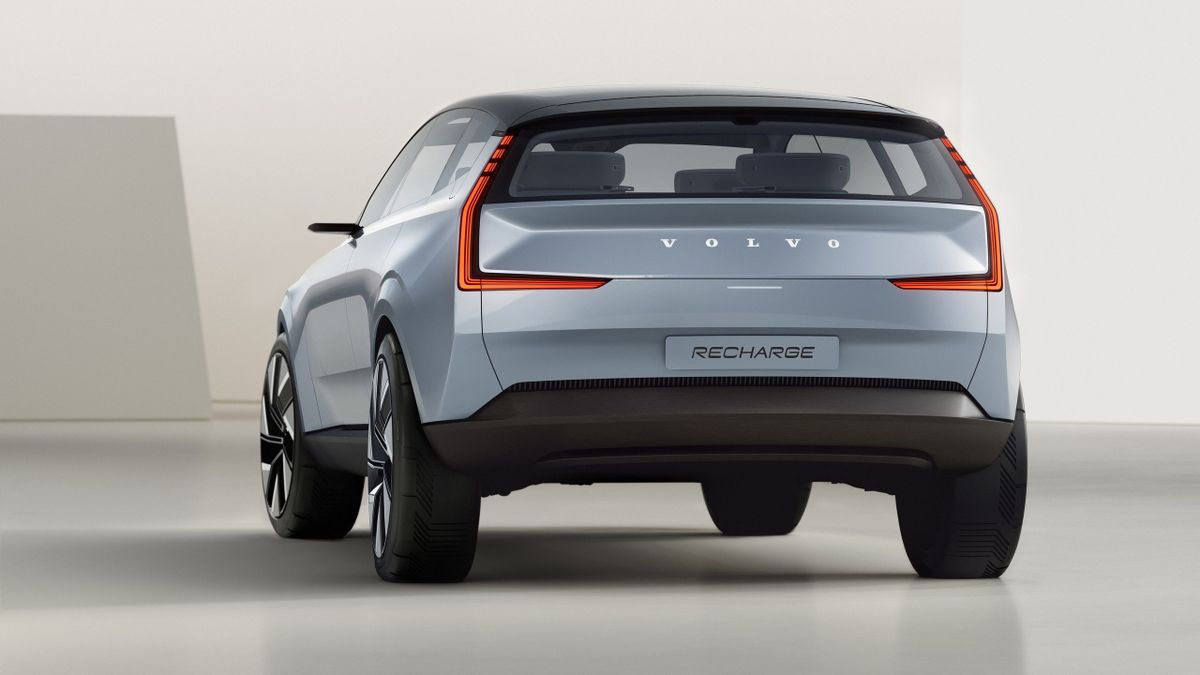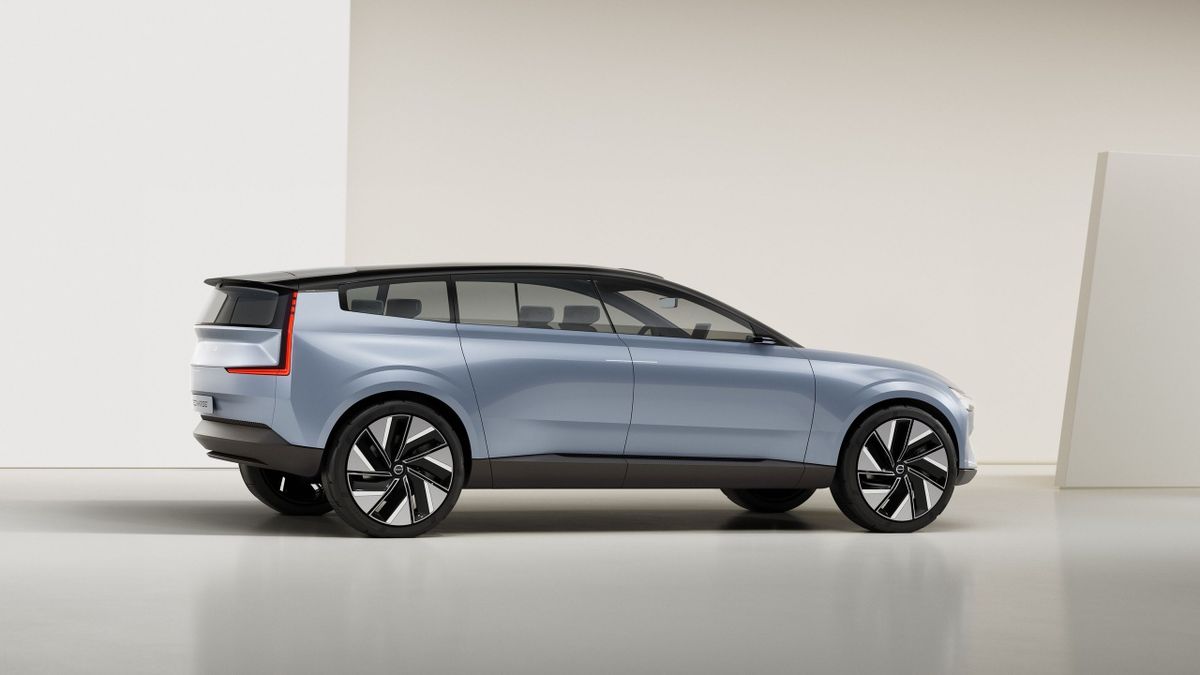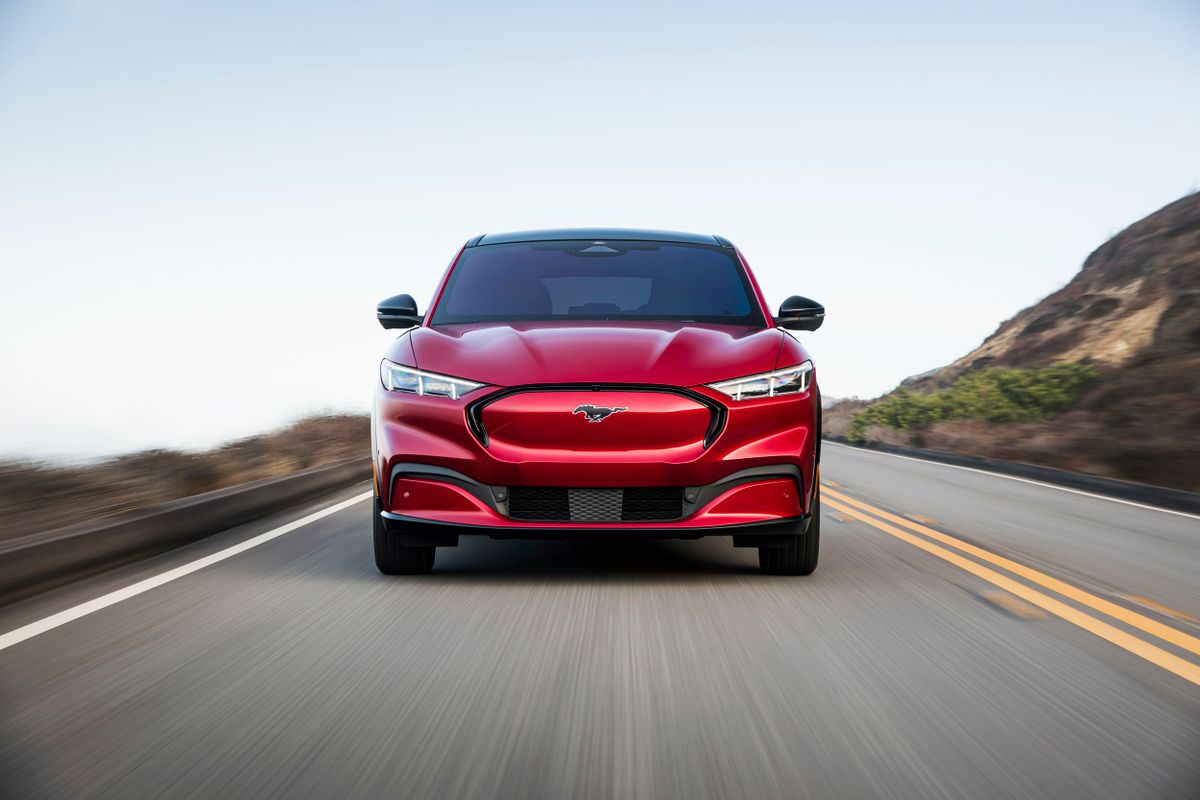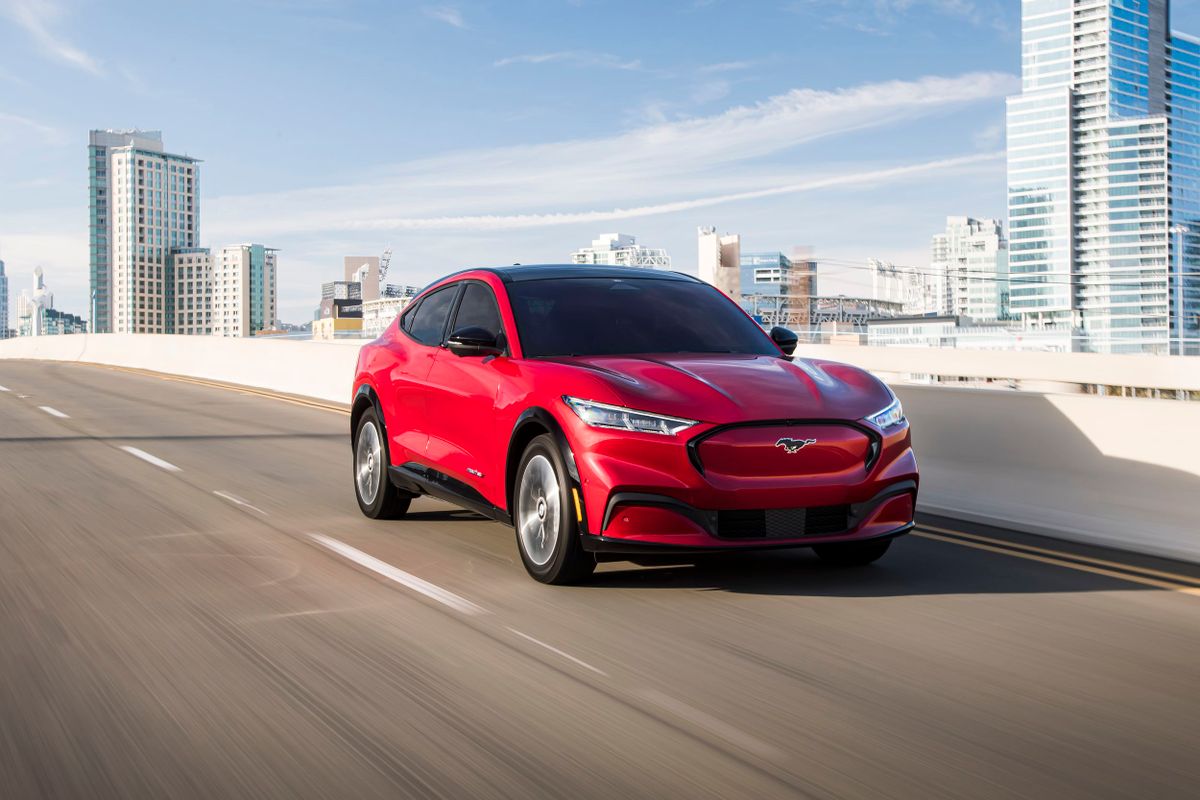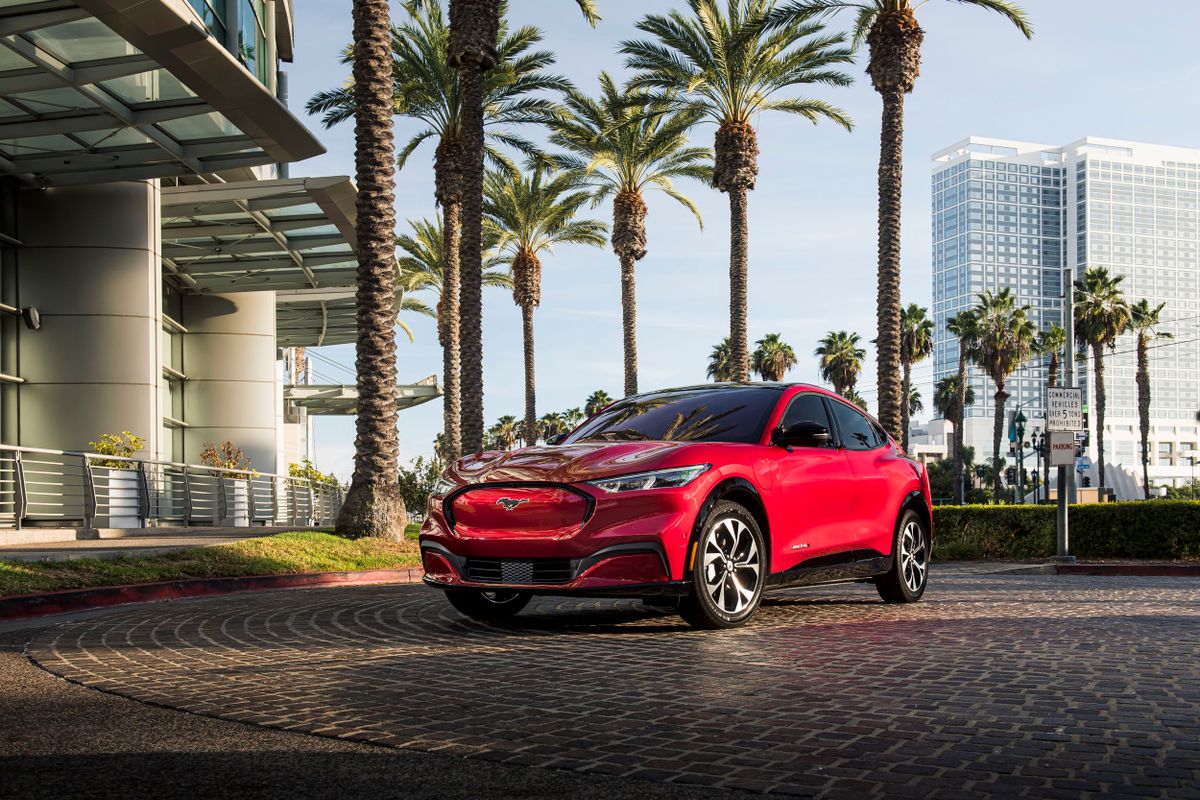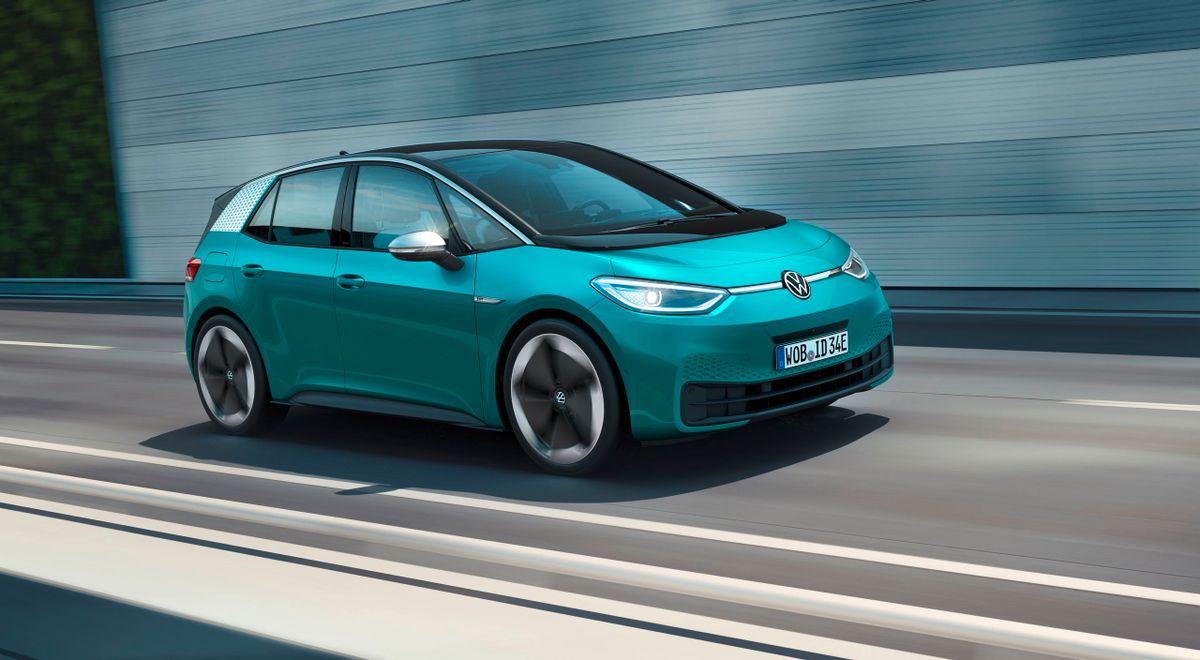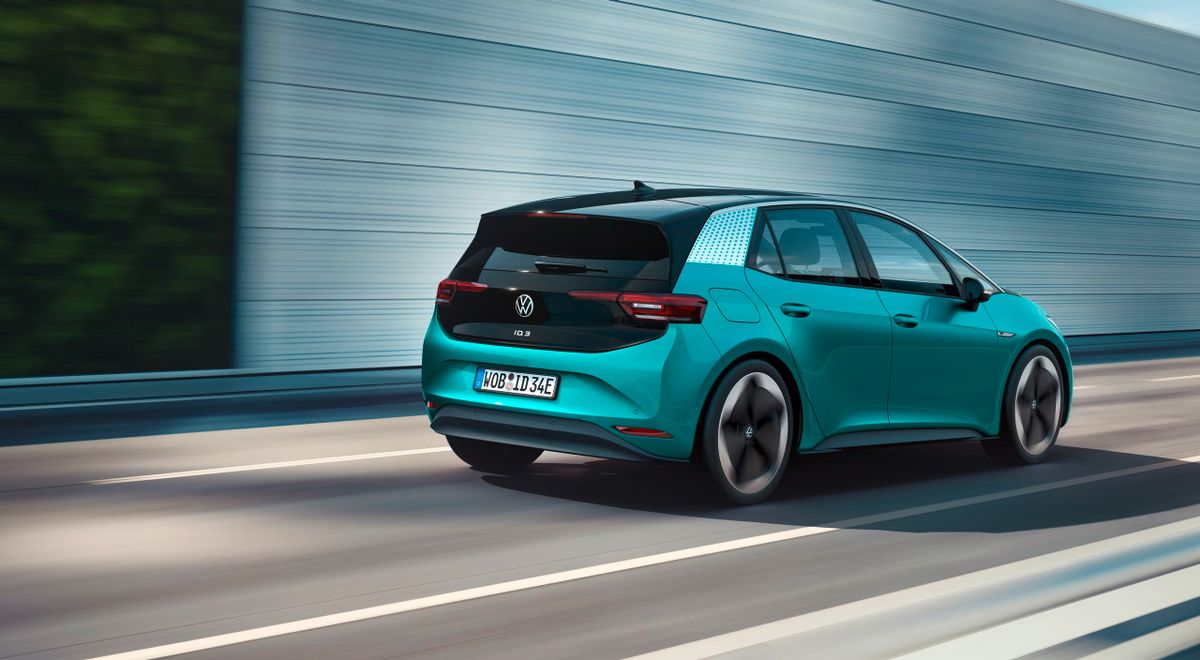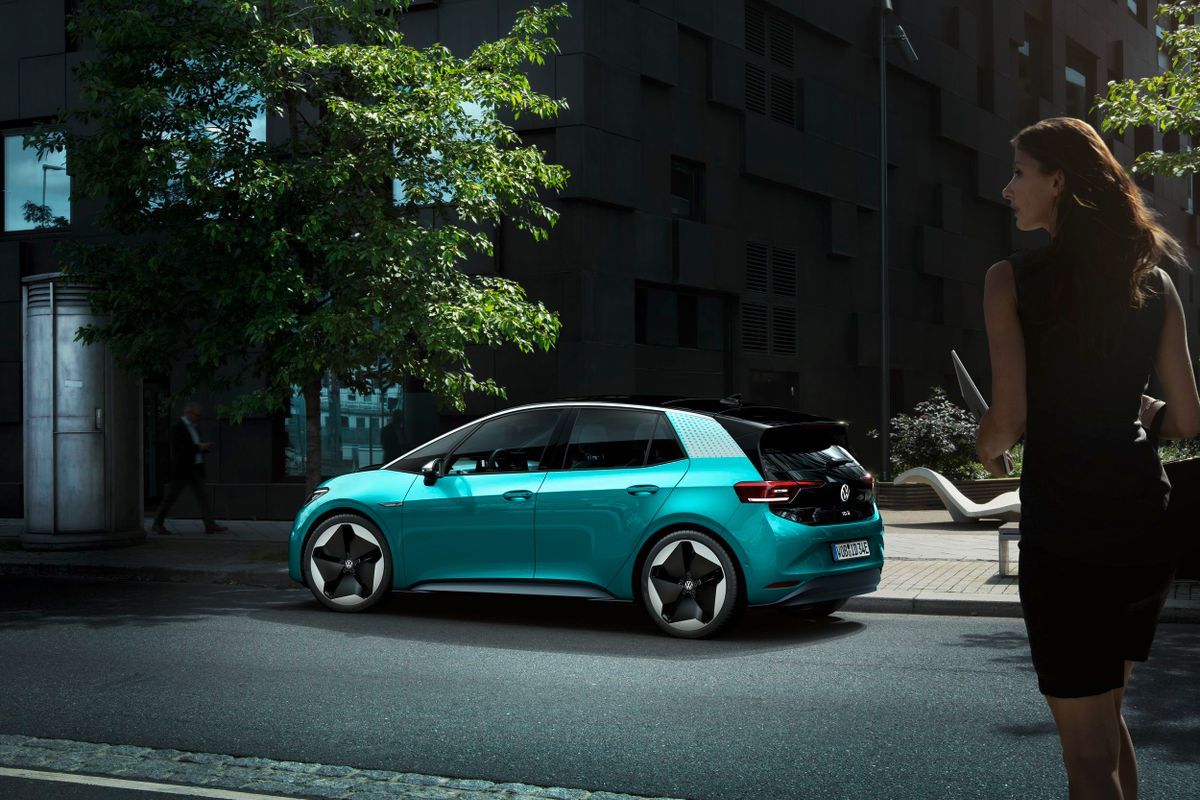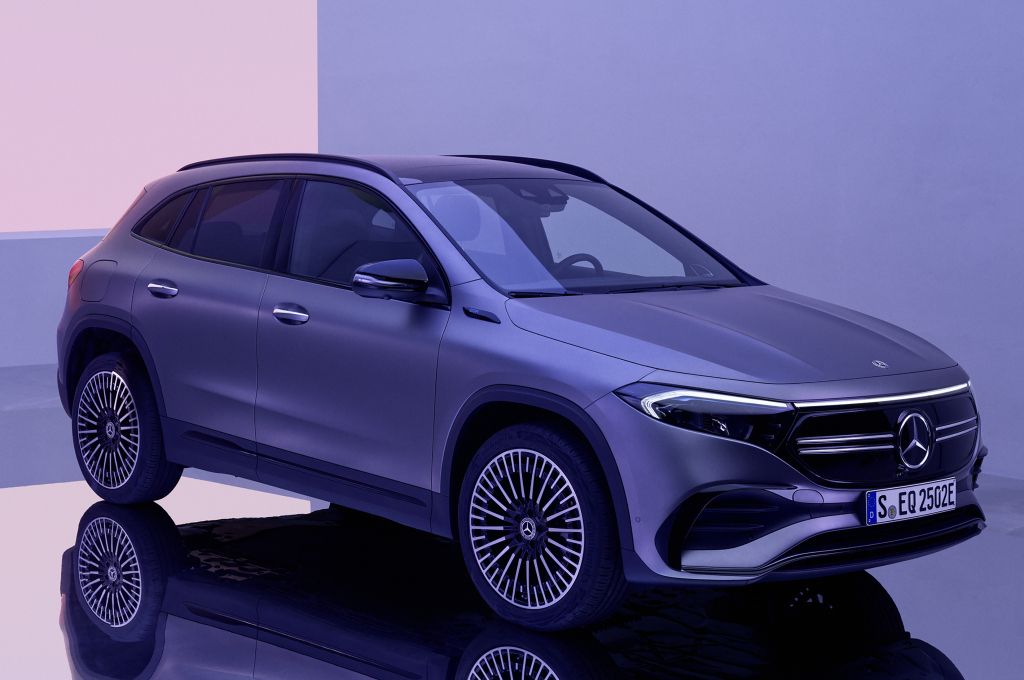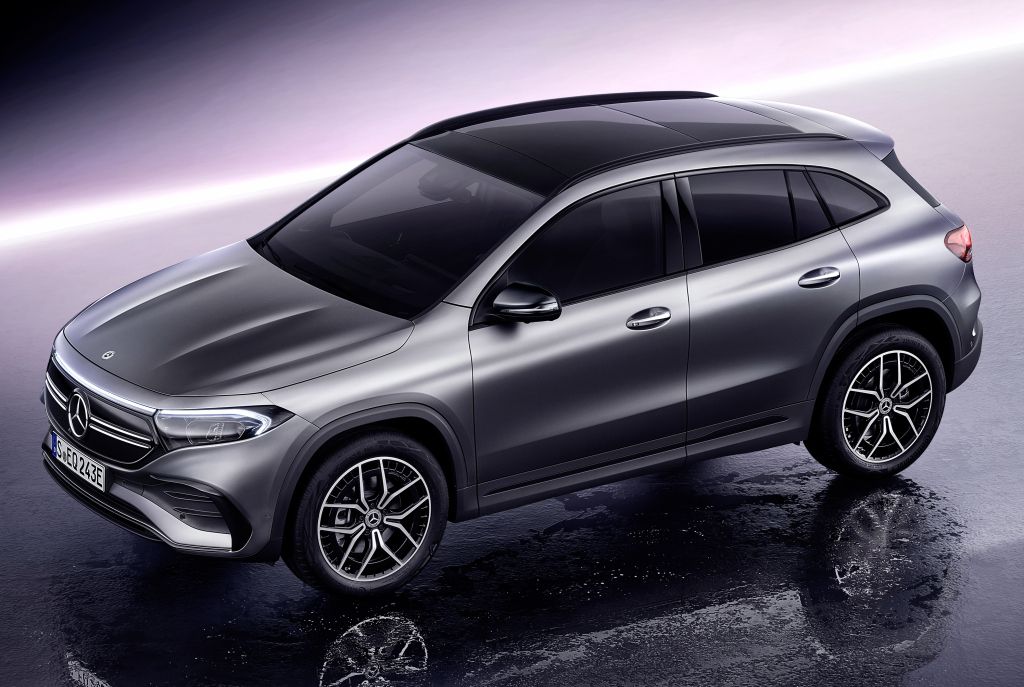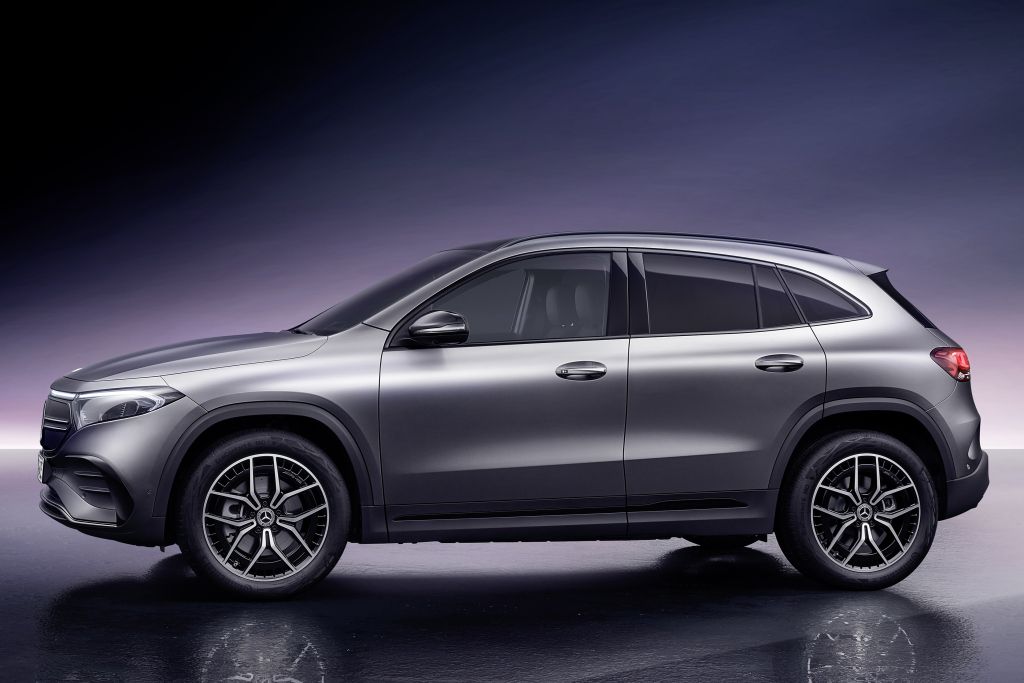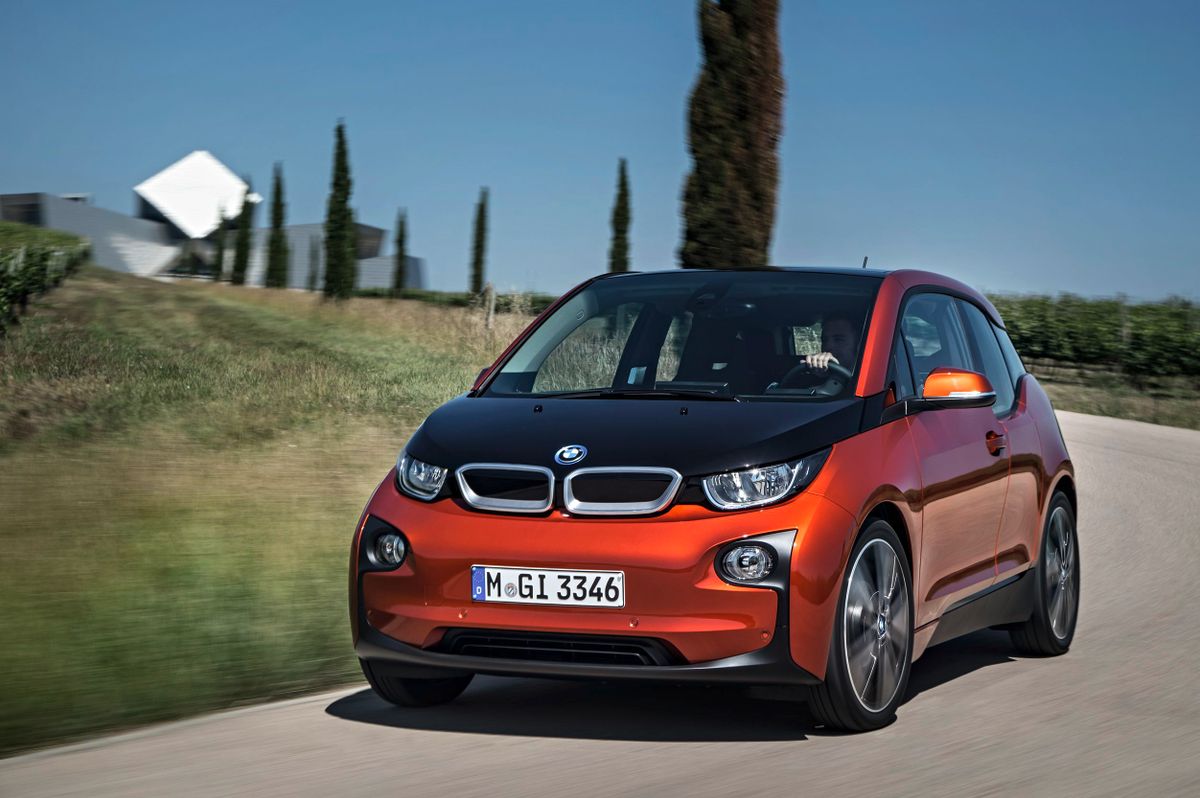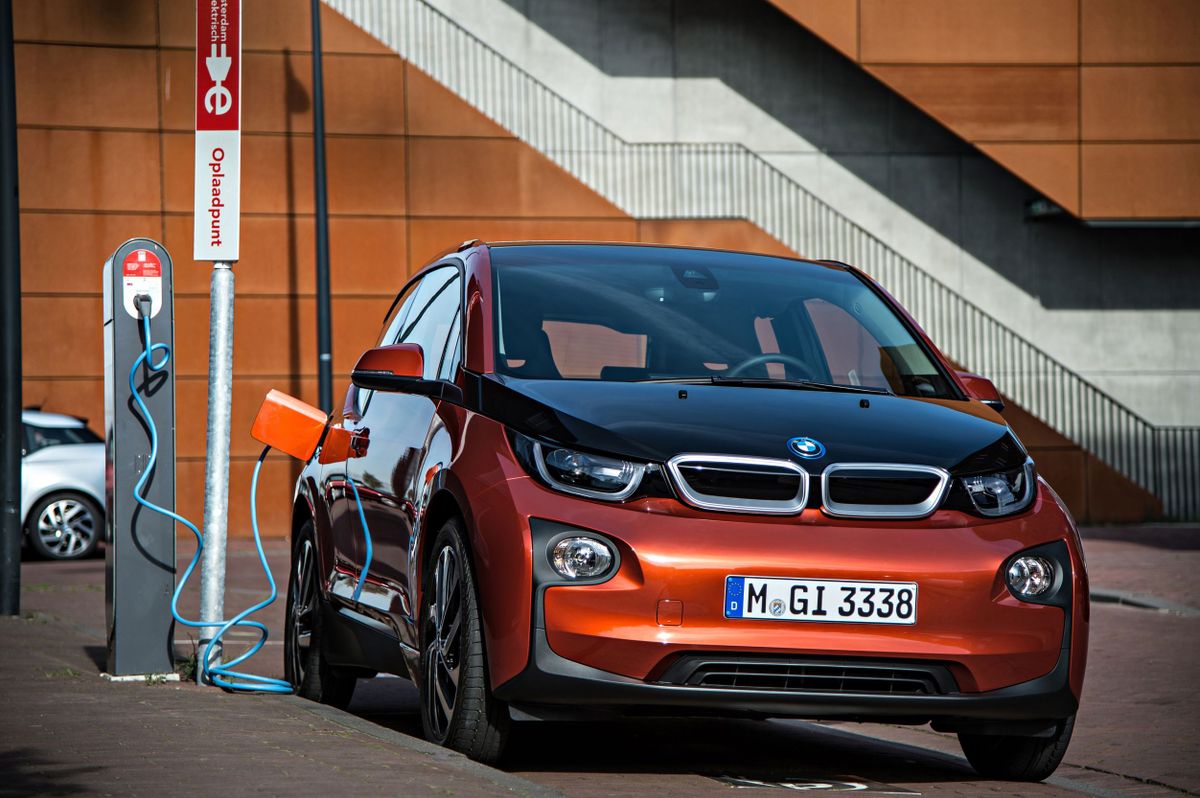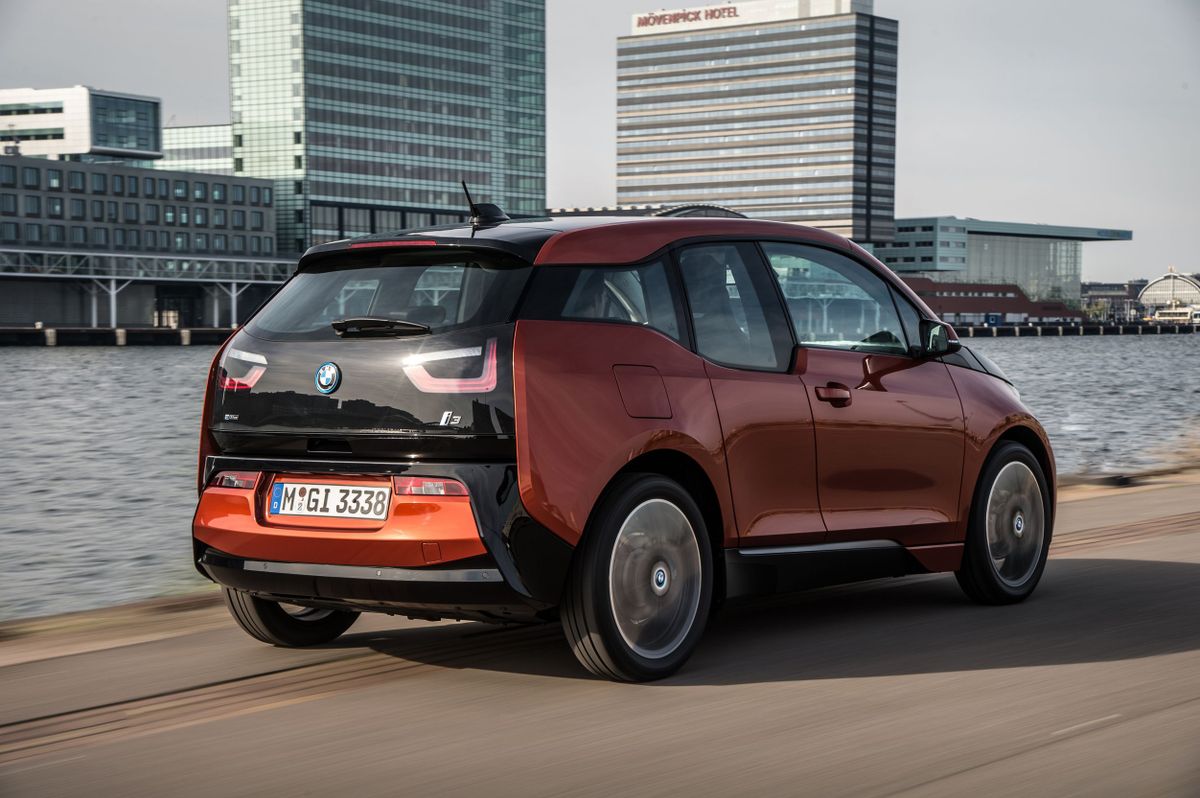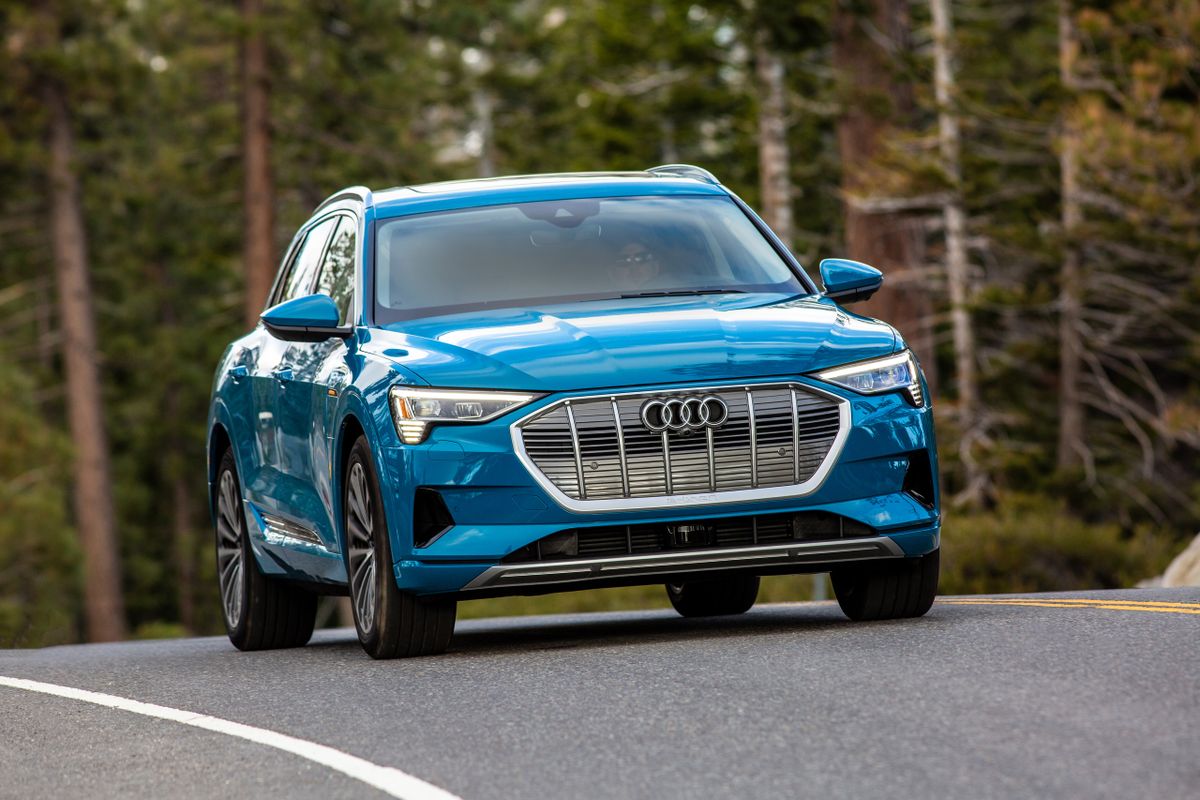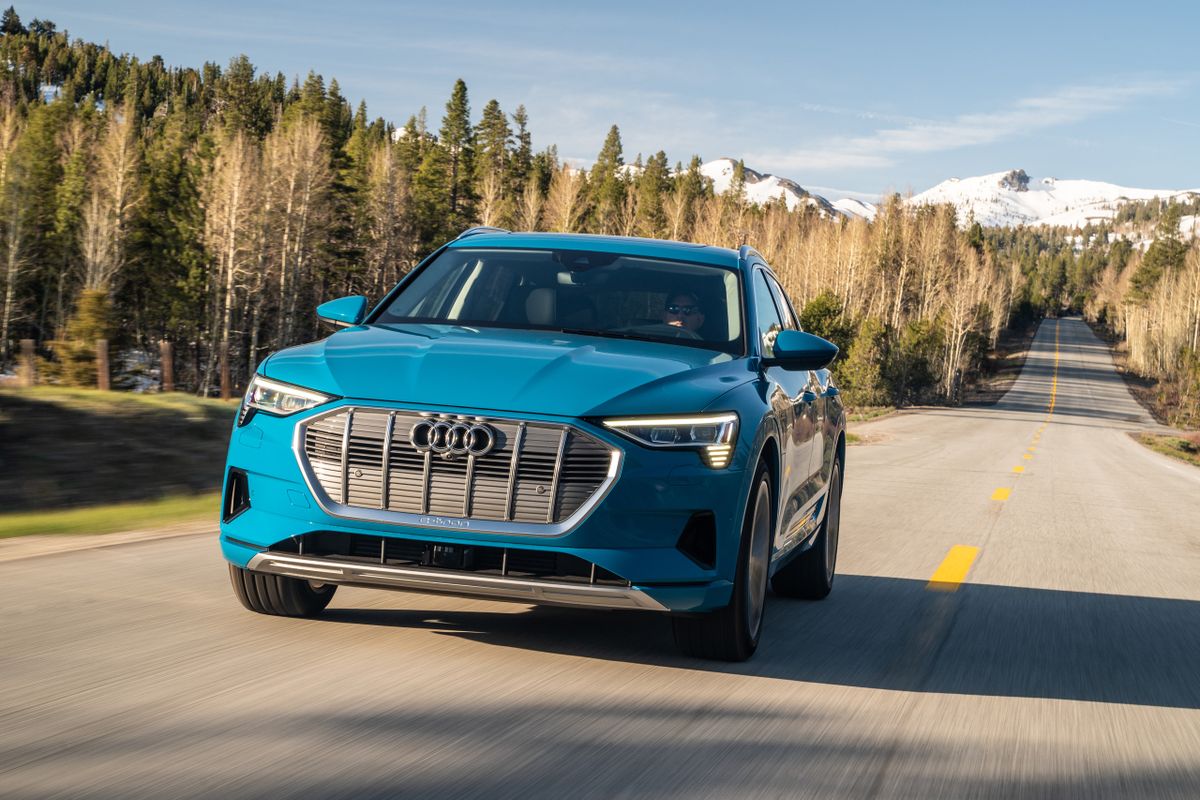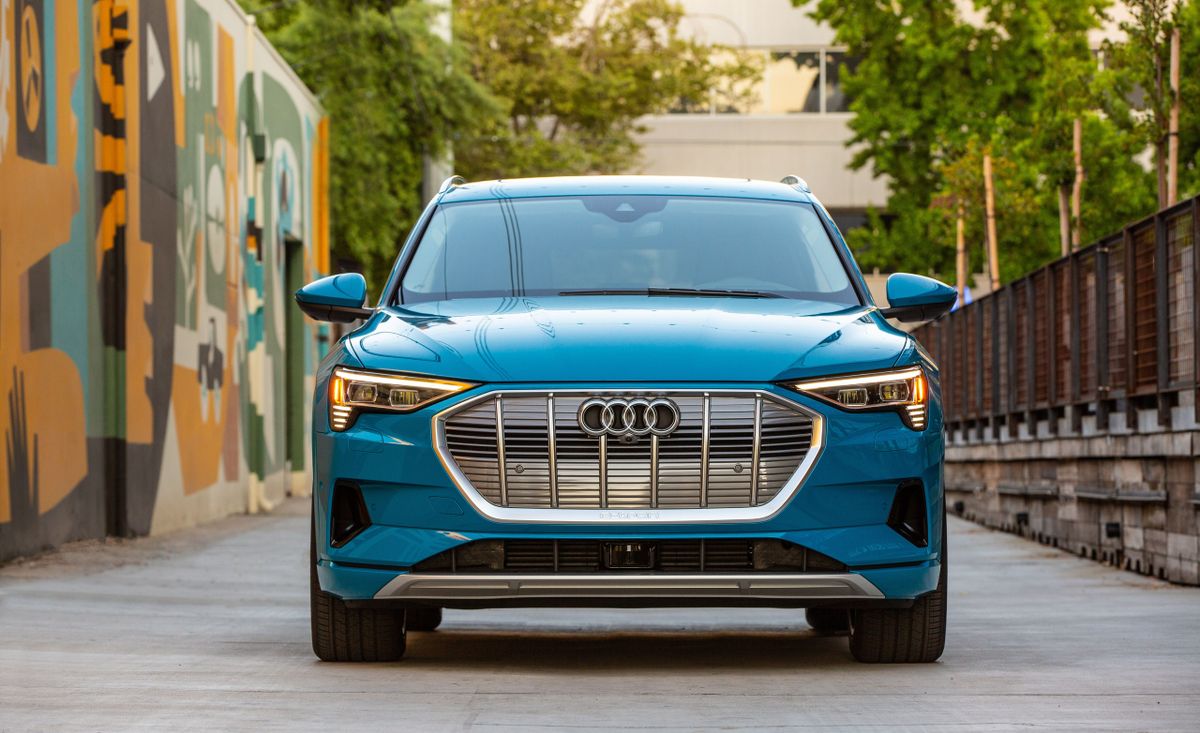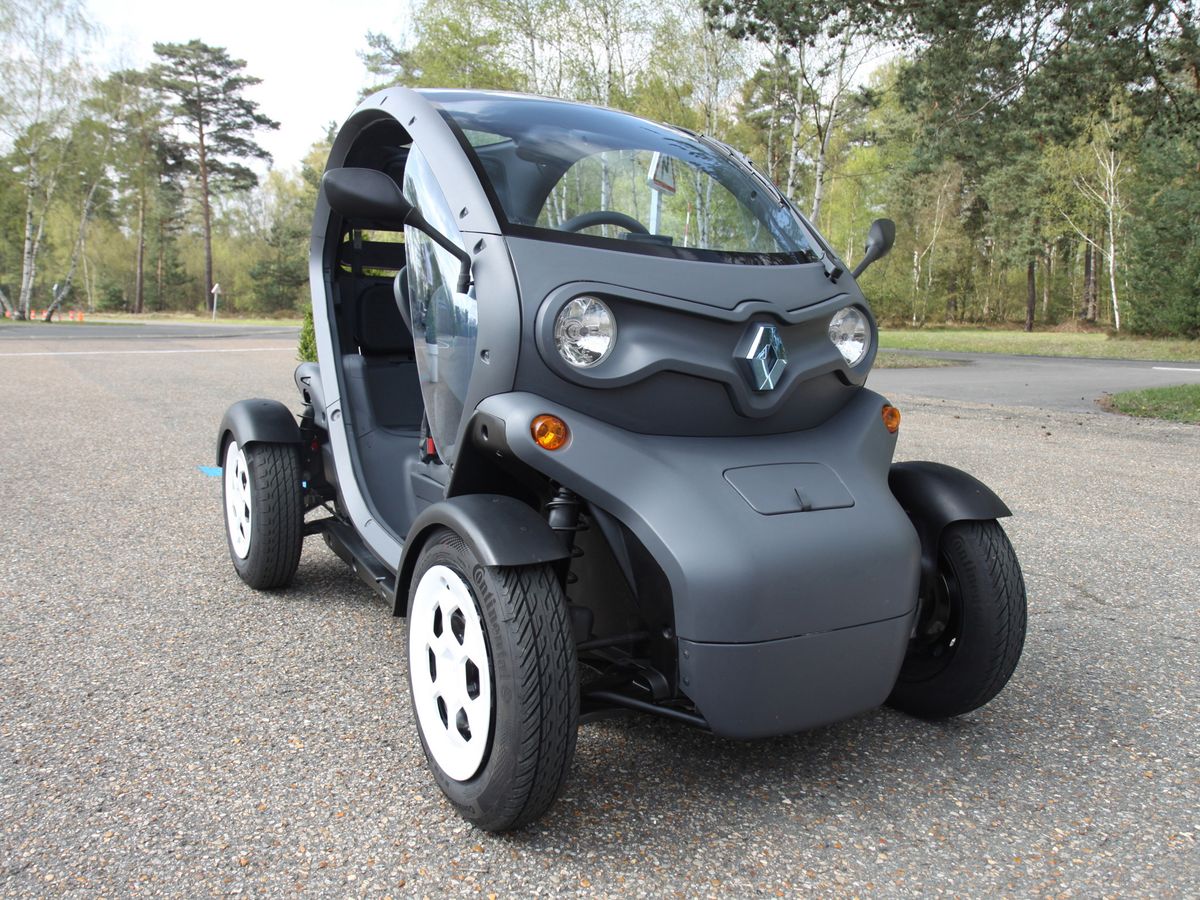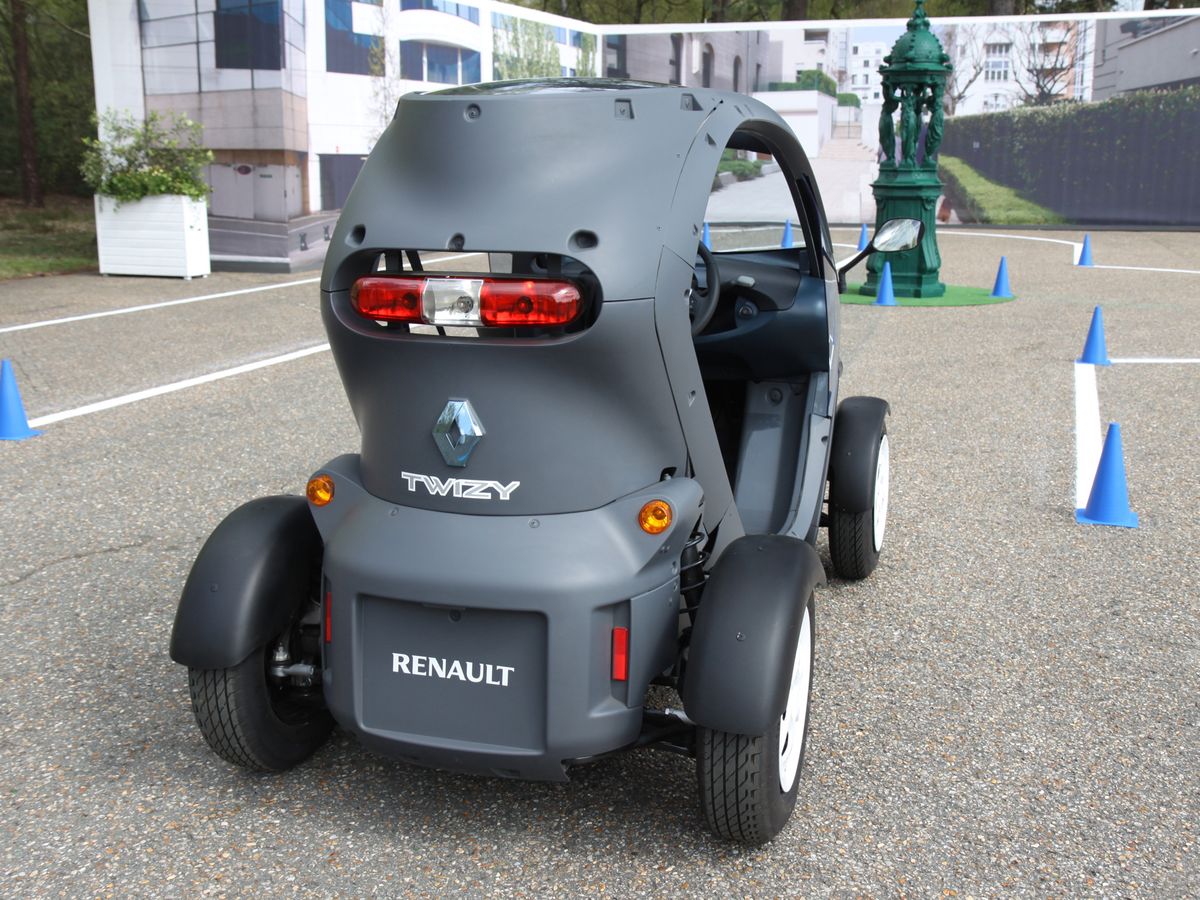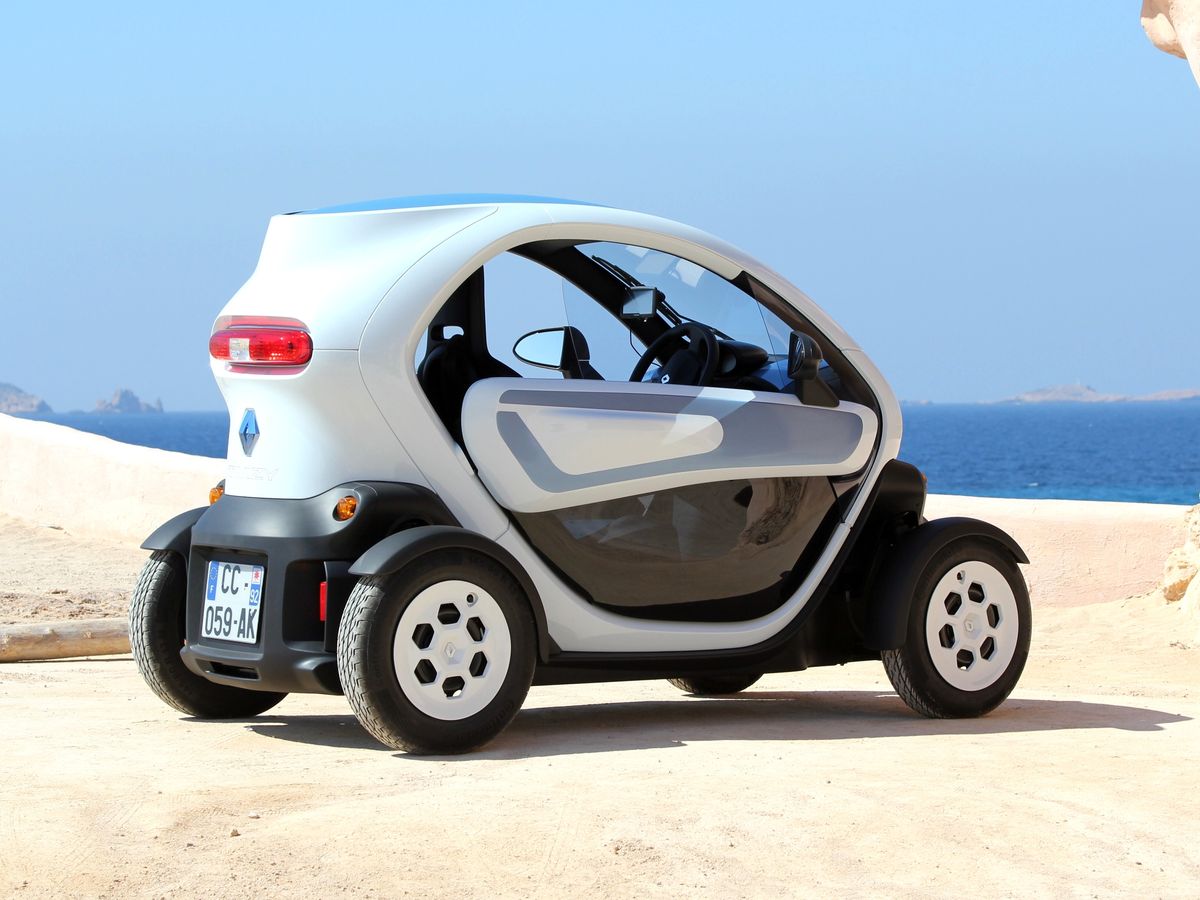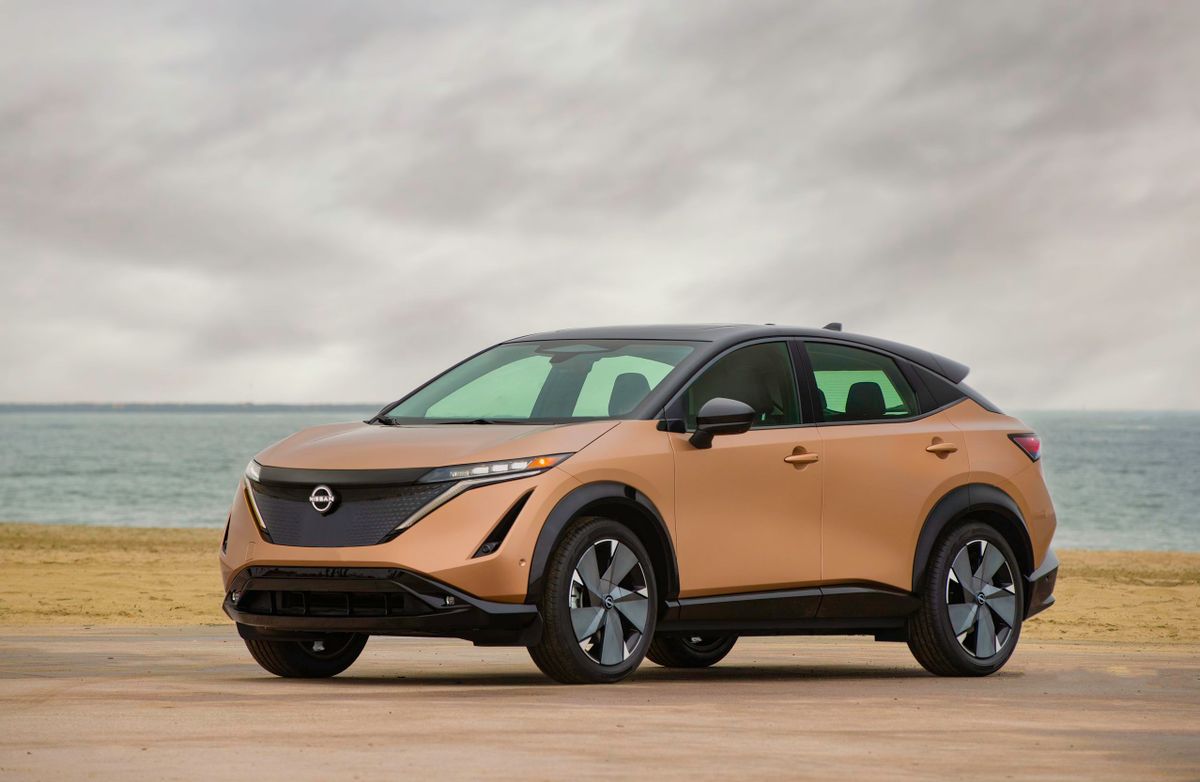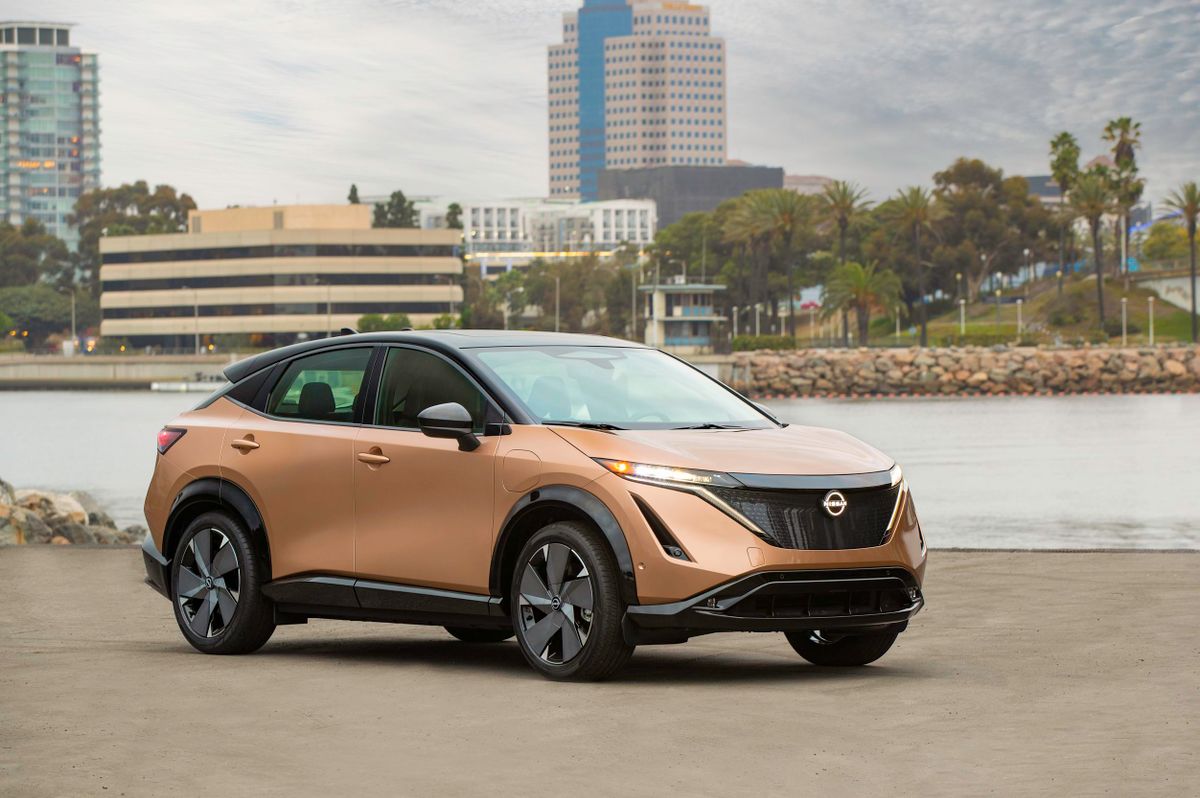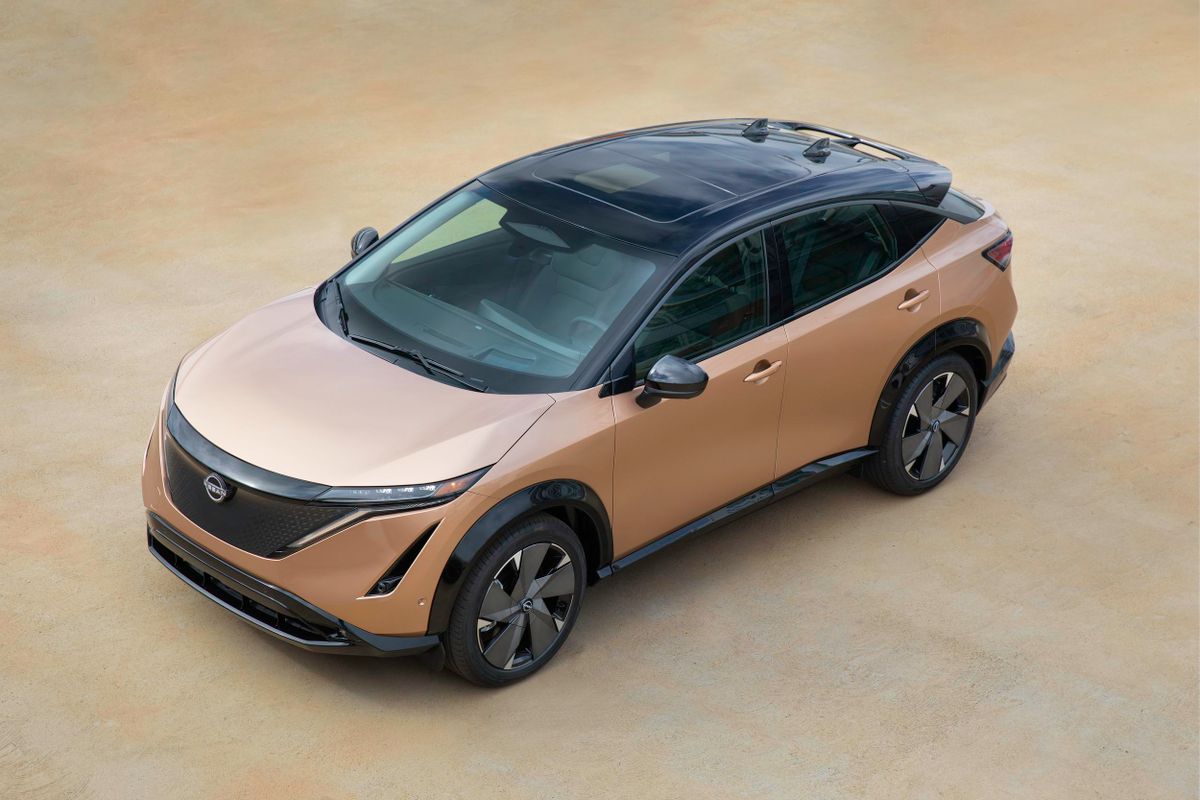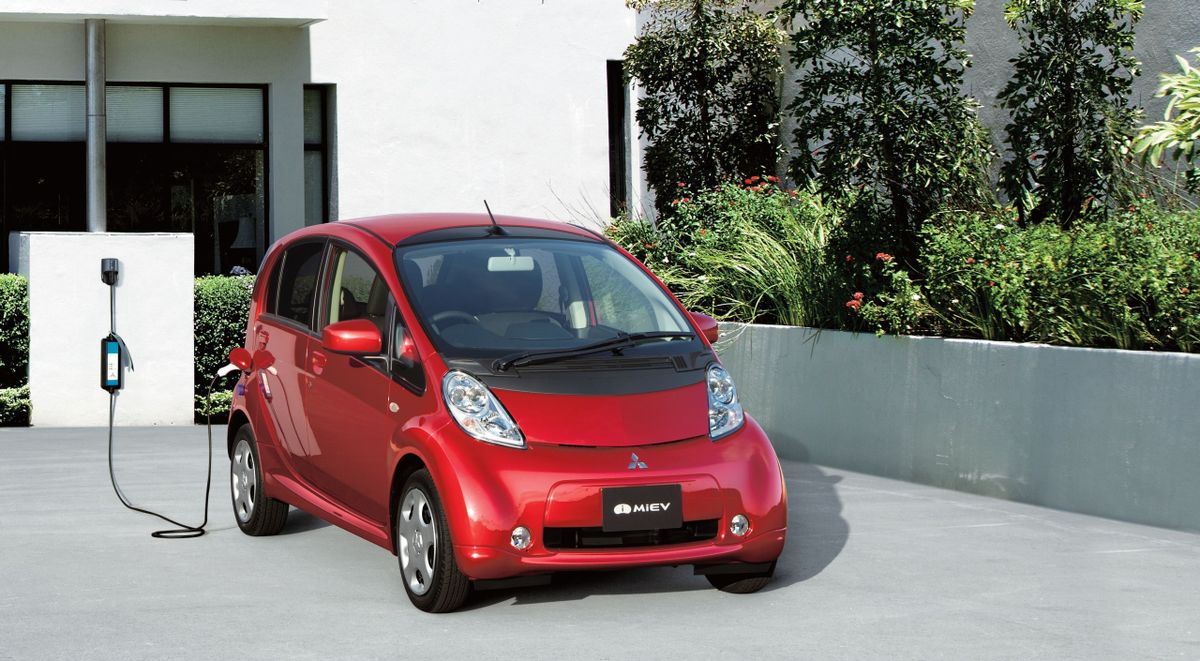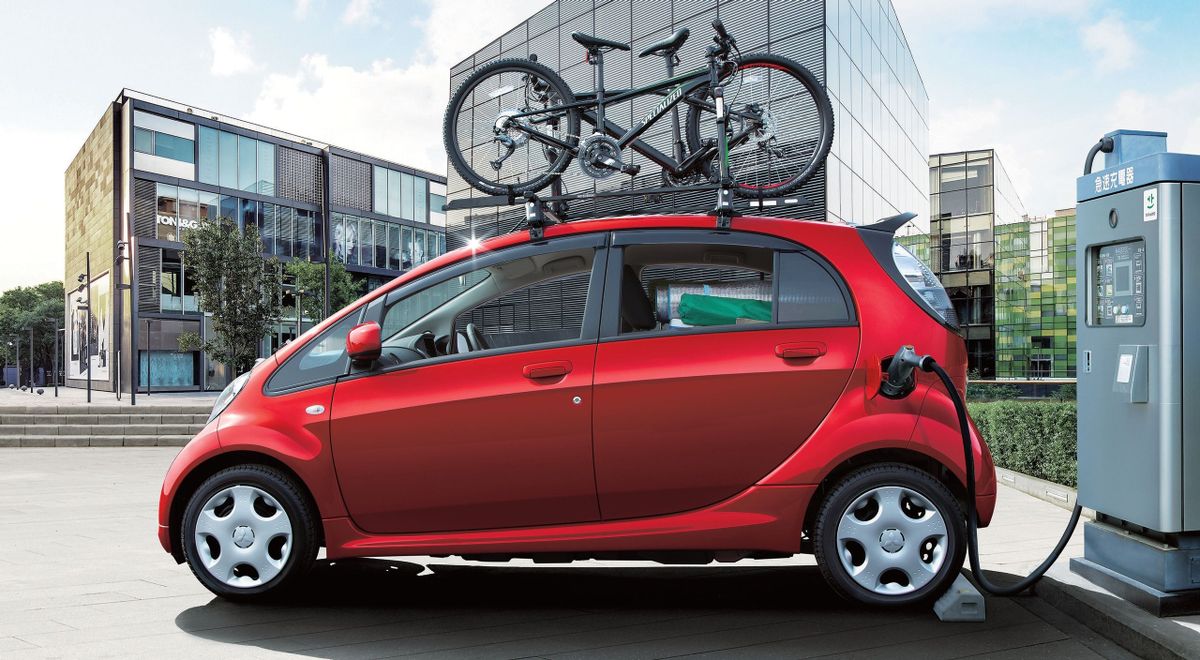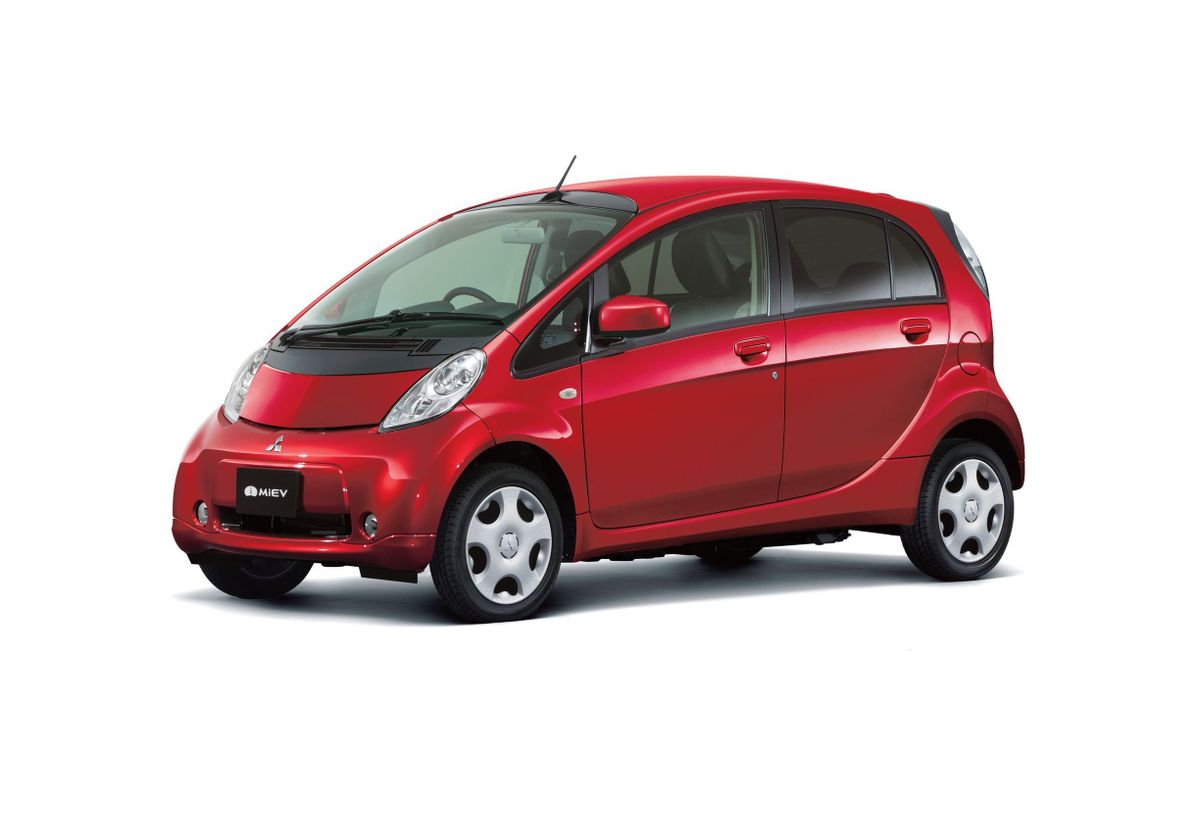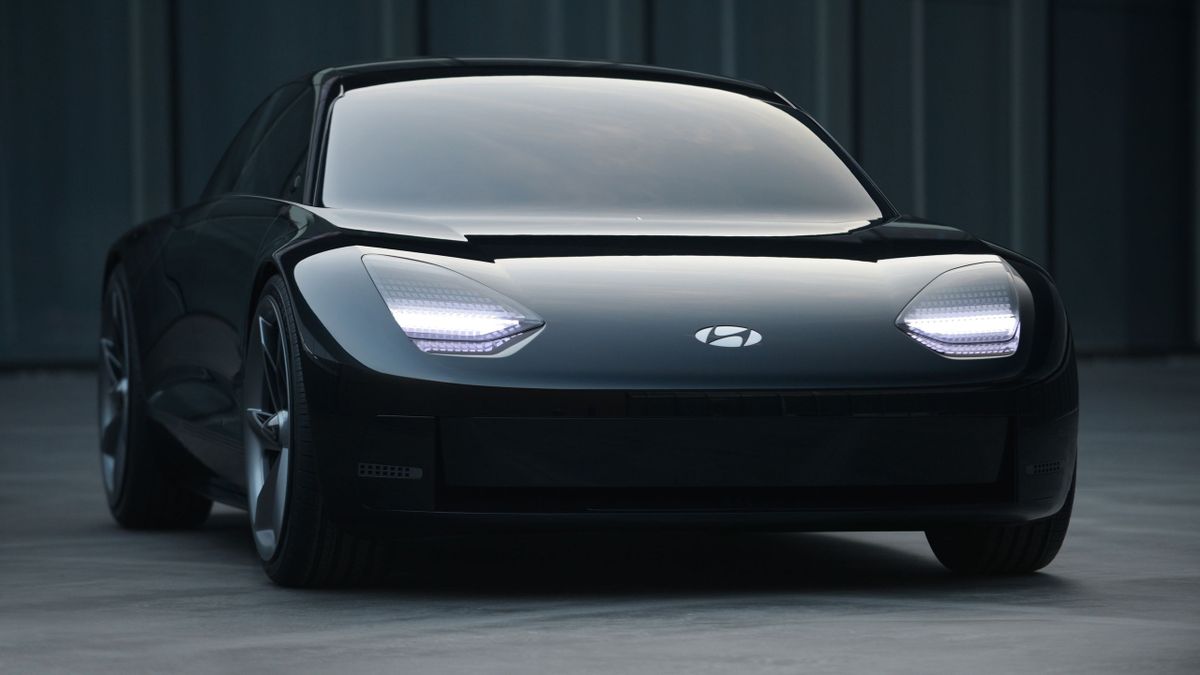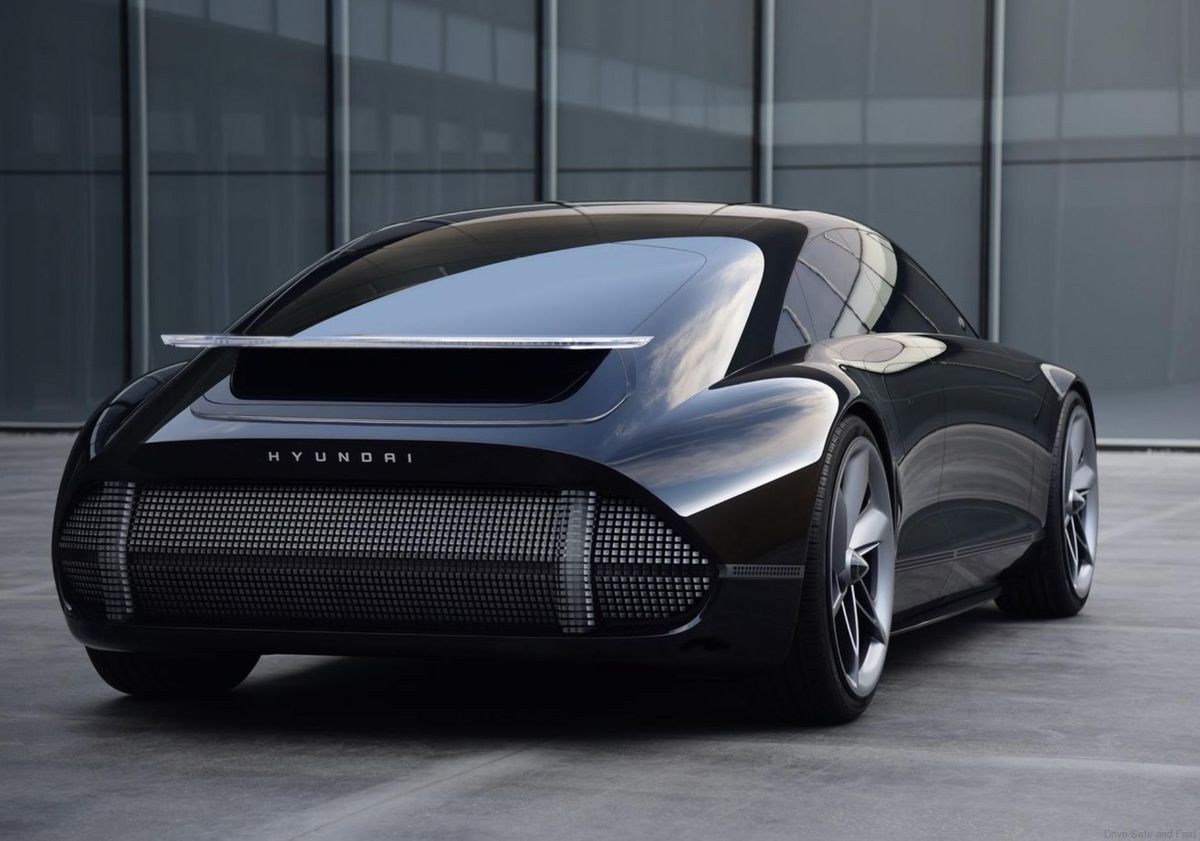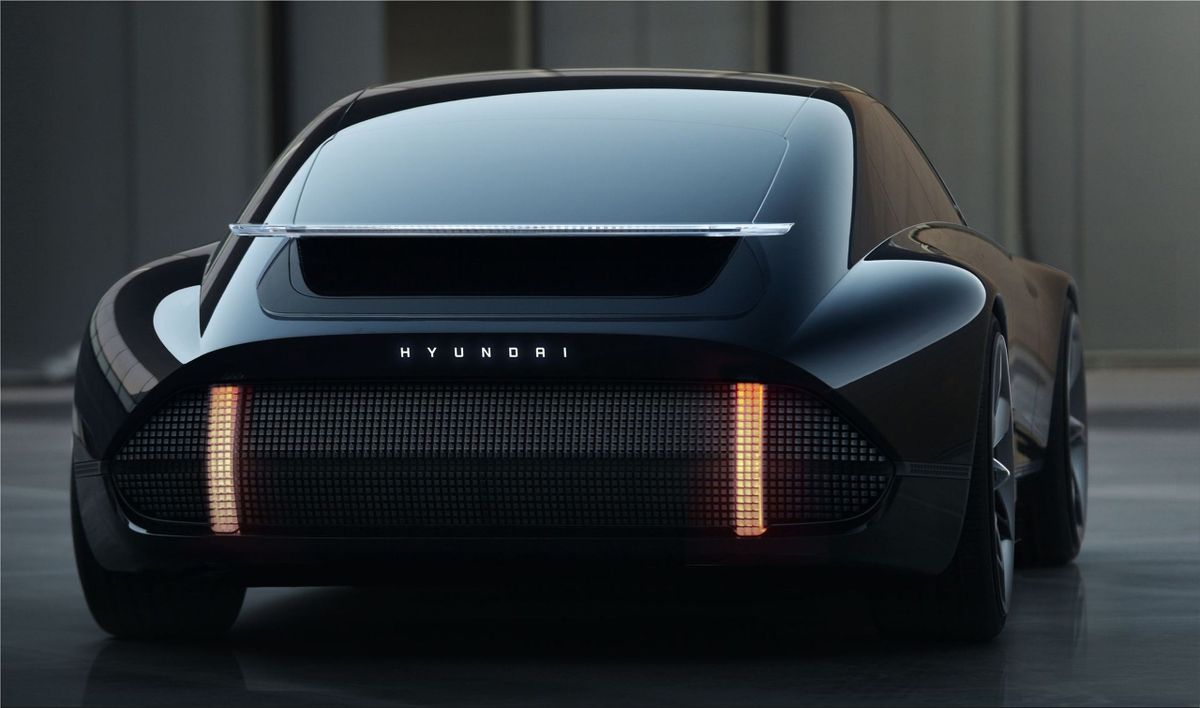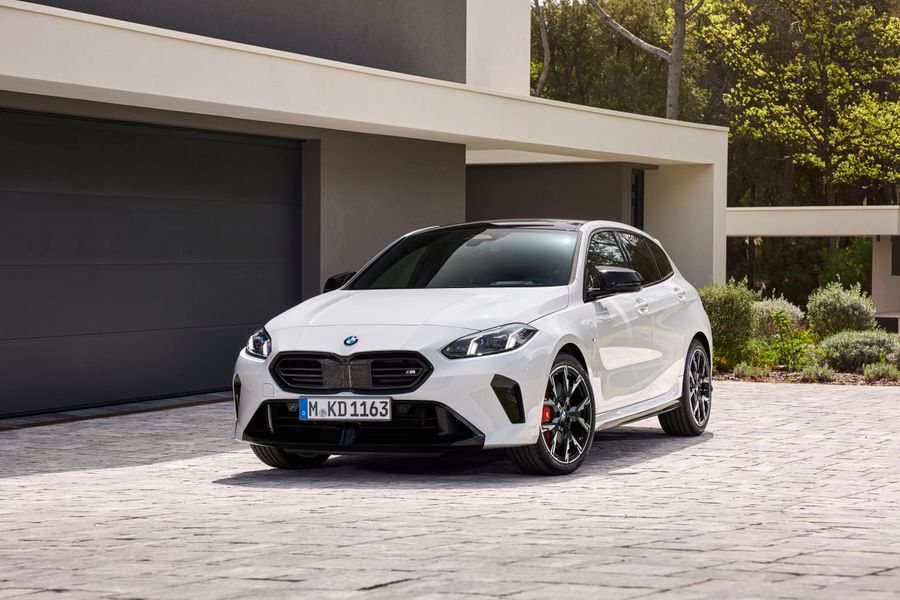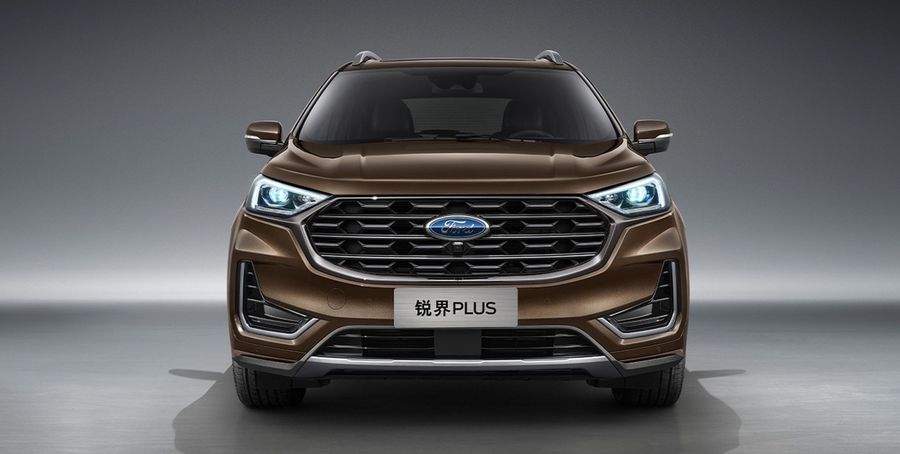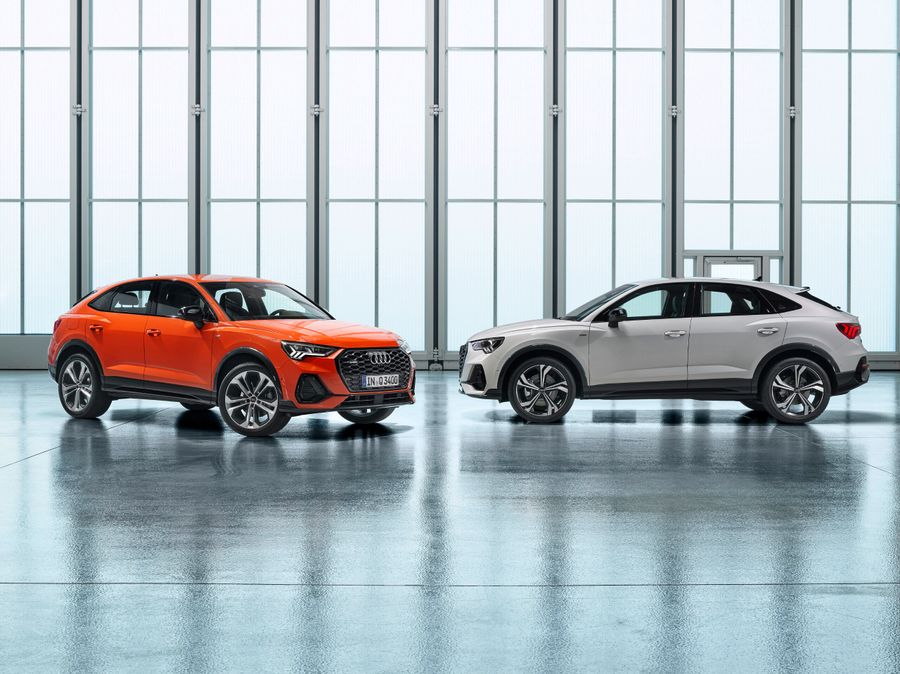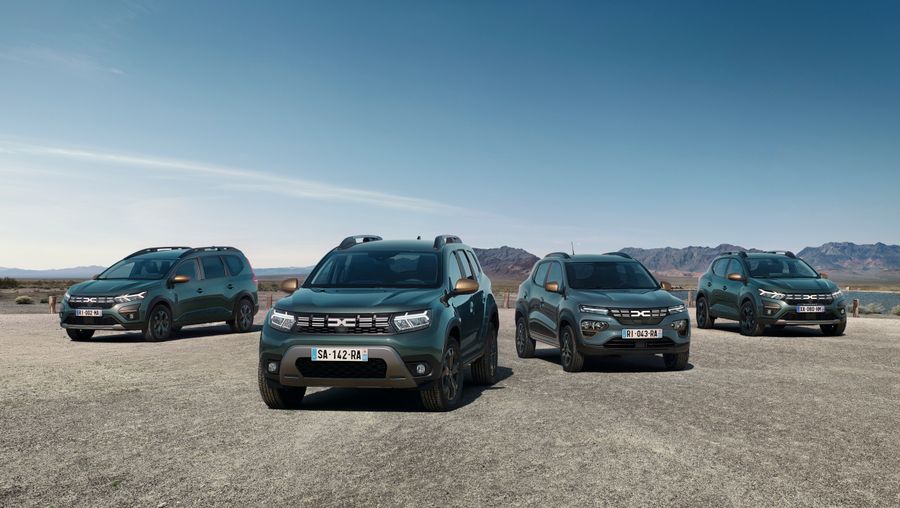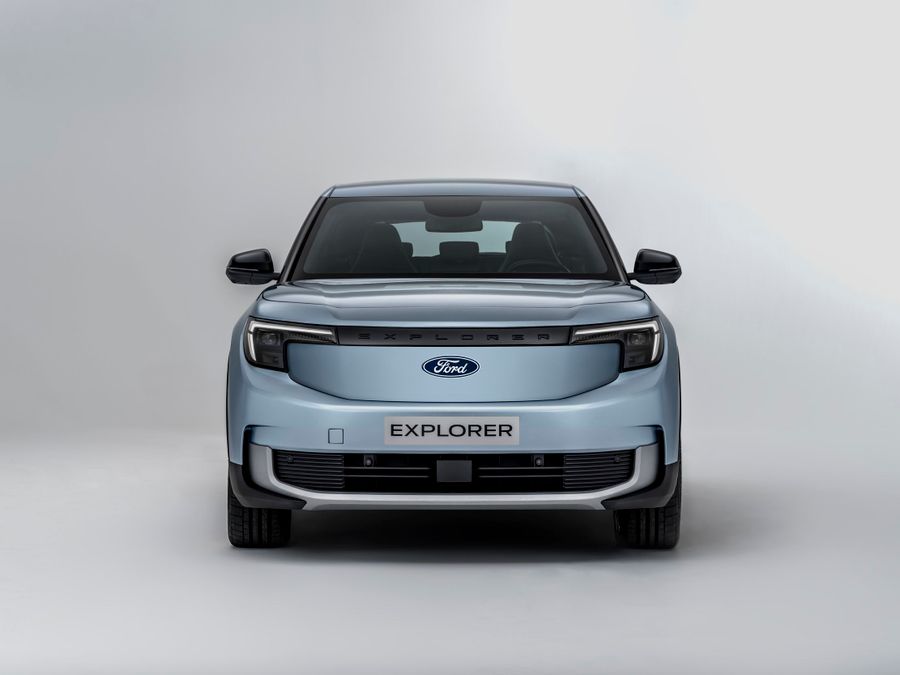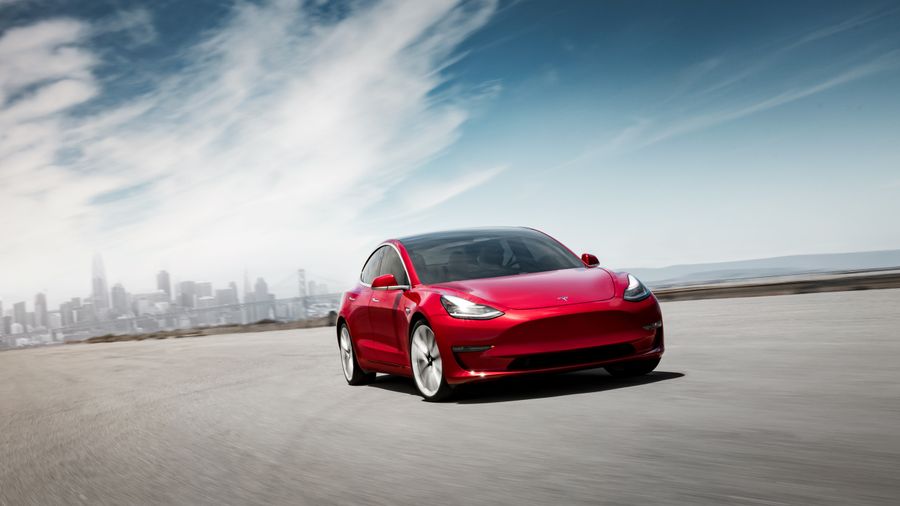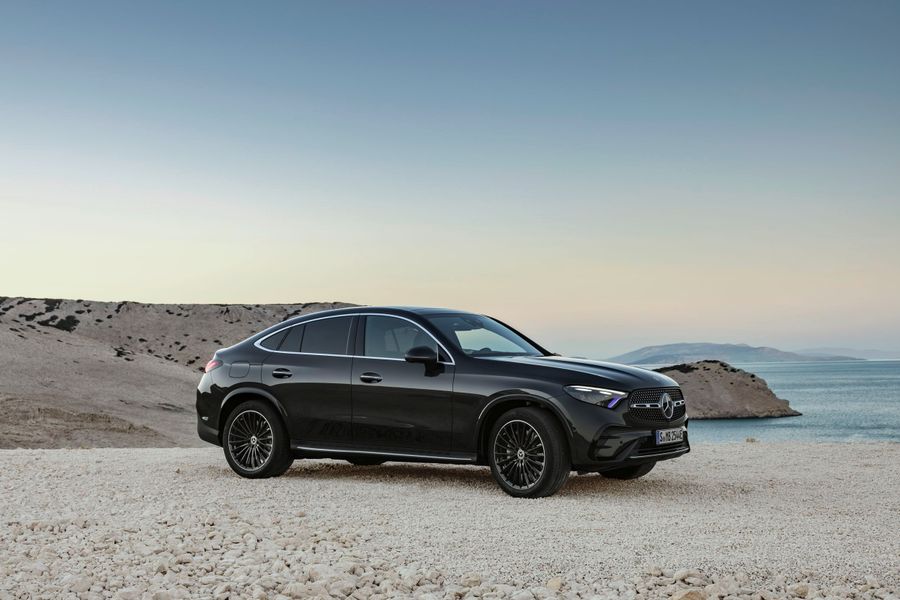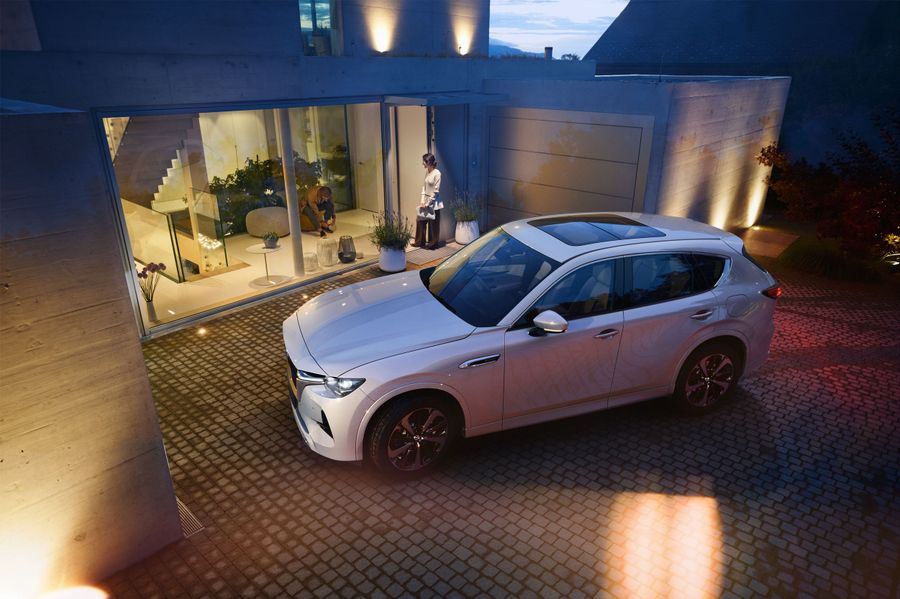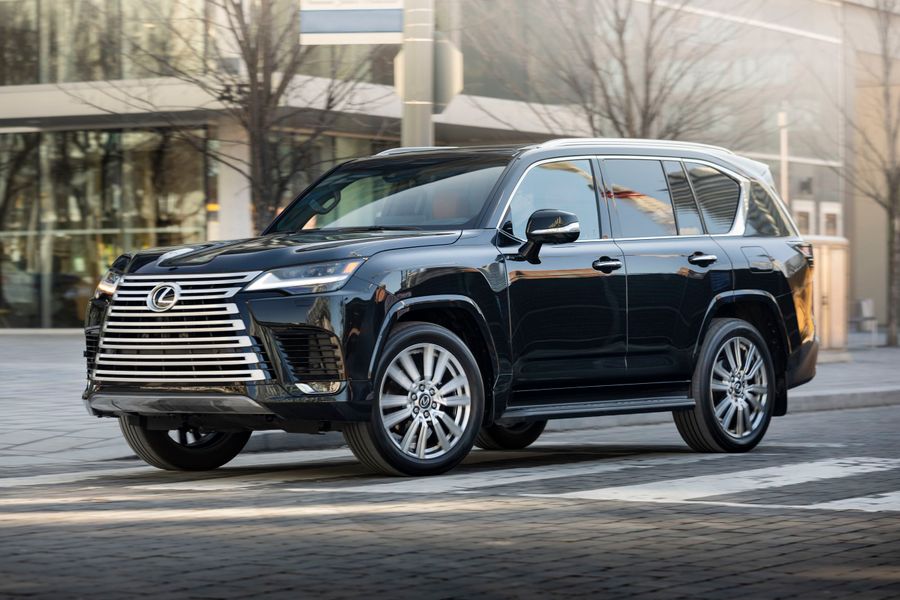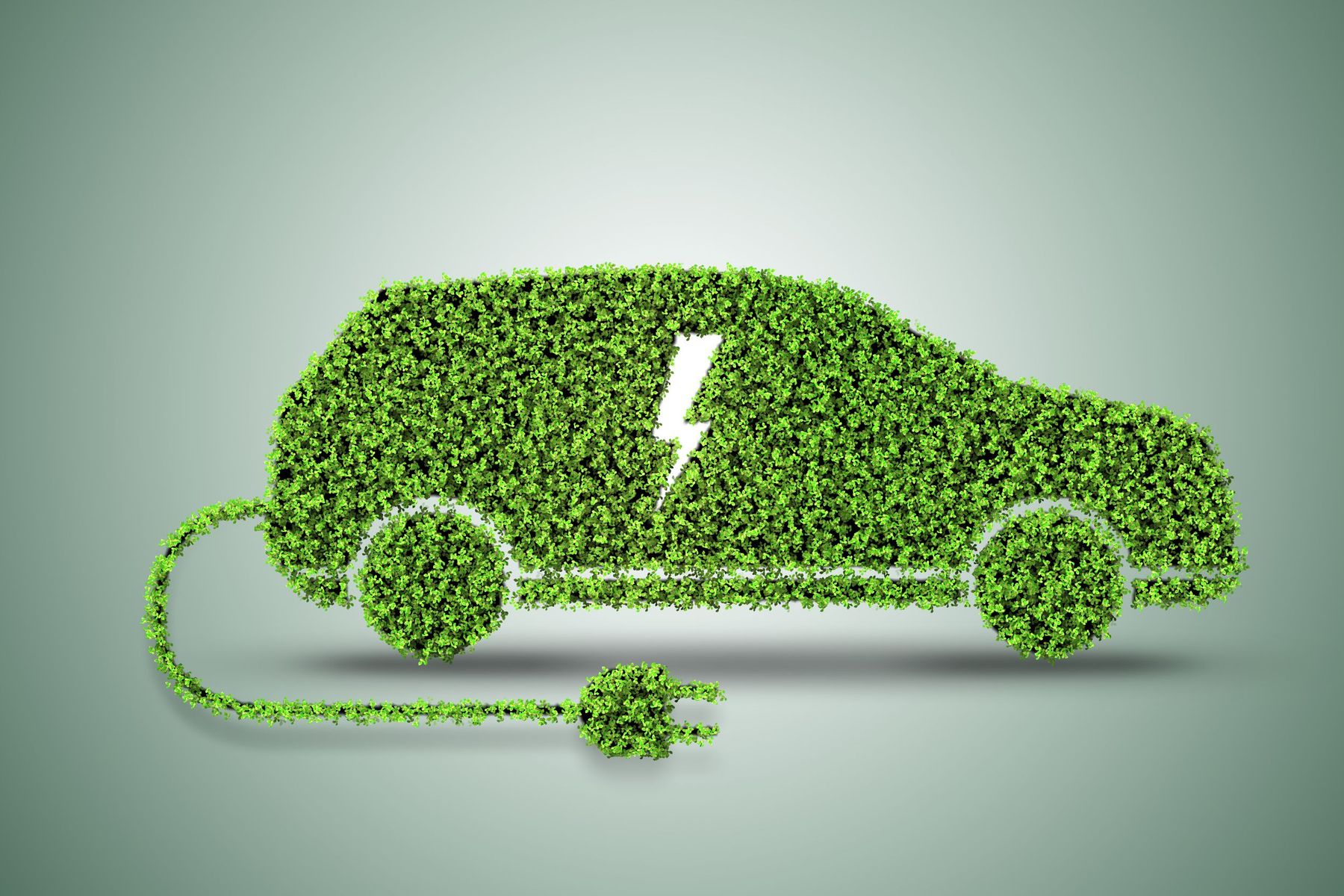
When will we switch to electric vehicles?
In 2020, sales of electric vehicles in Europe increased by 137%, reaching 1.4 million! (According to data from The Electric Vehicle World Sales Database). In the United States, the figures are not yet so significant with an increase of only 4%, and the number of electric vehicles sold per year is 328,000 (but it is only a matter of time). Many analysts rightly claim that by 2026, electric vehicles will account for more than half of global passenger car sales (according to the Boston Consulting Group). It makes sense that the demand for electric vehicles increases with their production, and the cost largely depends on the average price of lithium-ion batteries.
The progress does not stop there, over the period 2010-2020, the price of batteries fell 9 times: from 1,191 to 137 dollars per kWh (according to the BloombergNE study). And by 2023, it will approach 100 dollars per kWh. In China, for example, electric buses have already been fitted with batteries, which cost less than 100 dollars per kWh. Such a cost will allow automakers to sell relatively inexpensive production electric vehicles. In addition, in many countries, environmental measures have been adopted or are being drafted at the legislative level, obliging automakers to reduce the level of harmful emissions to zero. Around 2030, we can expect a complete ban on sale of cars with internal combustion engines. In this regard, we looked at what the biggest automakers plan to do when they start mass-producing their own electric vehicles. And when will we switch to such vehicles?
General Motors
In 2020, GM introduced its new third-generation modular EV platform designed for electric vehicles. It is planned to launch 22 new models under the Chevrolet, Buick, Cadillac and GMC brands by 2023. By 2035, the company plans to completely abandon the production of diesel cars and will use 100% renewable power sources for its vehicles.
- October 2020 – Hummer EV electric pickup was released
- January 2021 – The automaker launched the entire line of electric vehicles at the CES Technology Show: Chevrolet Bolt EUV, GMC Hummer EV Pickup, Cadillac Lyriq, Cadillac Celestiq, Buick Electric and Chevrolet Electric Pickup
- April 2021 - EV SUV electric pickup version was released
- 2022 – The automaker plans to release Hummer EV3X and Chevrolet Bolt EUV
- 2023 - The automaker plans to release twin-engine Hummer EV2X and Cadillac Lyriq
- Spring 2024 - The Hummer EV2 will be unveiled
- 2025 - 30 new brands of electric vehicles will be launched
- 2030 - Most SUVs and GM Cadillac models will become electric vehicles
Jaguar Land Rover
Jaguar and Land Rover have unveiled a new development strategy called Reimagine, which involves a radical shift towards electrification. By 2030, Jaguar will fully transition to electric vehicles and Land Rover will launch at least six electric SUVs by 2025. The company will use three platforms: EMA (Modular Electric Architecture) for electric vehicles, MLA (Modular Longitudinal Architecture) for hybrids, a separate all-electric platform for Jaguar.
- 2018 - The first I-Pace electric SUV was released
- 2020 - The company registered the trademark ‘EV-Type’ to release the electric version of the F-Type coupe
- 2024 - The first Landy electric car will be introduced
- 2030 - 60% of Jaguar cars will be electric
Volvo Cars
Volvo plans to switch to electric vehicles in 2030. Today the company is actively working on next-generation models. The first novelty of the electric future is the Volvo Concept Recharge concept car, presented in June 2021. In addition, Volvo has the new Polestar brand, exclusively focused on electric vehicles.
Ford Motor
The company says that by 2026, all of its passenger cars will be zero-emission vehicles and will be either fully electric or hybrid. Emissions from commercial vehicles should be reduced to zero by 2024. And in 2030, Ford intends to sell only electric vehicles in Europe. The first electric vehicles are expected to roll off the assembly line at the modernized plant in Cologne (Germany) in 2023. In partnership with Volkswagen, the company will develop its electric vehicles on the MEB platform, used by the Volkswagen ID.3 electric vehicles and ID.4.
- 2021 – The automaker plans to launch the Mustang - Mach-E electric SUV in Europe
- 2022 - Ford Transit electric van will be launched in Russia
- 2023 - The first electric car on Volkswagen’s MEB platform will be launched. Ford promises it won’t look like German electric cars and will be affordable (estimated price 20,000 dollars).
Volkswagen Group
VW has an ambitious goal of producing 26 million electric vehicles by 2028 and becoming the world’s largest automaker, ahead of Tesla. By 2030, the company should have 75 electric models and 60 hybrids. In 2019, Volkswagen presented the concept of autonomous robotic charging of electric vehicles. The robot is able to bring the charging device to the vehicle.
- 2019 - The first ID.3 electric hatchback was released on the Volkswagen MEB platform
- 2020 – The ID.4 SUV was unveiled
- March 2021 - Power Day unveiled a plan to develop electric car batteries and charging infrastructure by the end of the decade
- April 2021 - The ID.4 electric SUV was unveiled, with sales starting in Europe in the summer
- 2021 - The ID.6 coupe-like SUV is released
- 2026 - Project Trinity electric sedan is expected to be one of the first models based on the new Scalable Systems Platform
- 2030 – Electric vehicles are expected to account for up to 70% of Volkswagen sales in Europe
Mercedes-Benz
According to Daimler, electric vehicles and plug-in hybrids will account for more than half of global Mercedes-Benz car sales by 2030
- 2016 - Mercedes-Benz-EQ electric car brand was introduced
- 2018 - The Mercedes-Benz EQC is released
- 2019 – The Mercedes-Benz EQV series electric minivan is released
- 2021 – The automaker launched mass production of the EQS executive sedan, EQA compact city car, larger EQB and EQE commercial sedan
- 2022 - EQS-SUV and EQE-SUV (for US) SUVs are expected. Plans include a new EQT electric car.
BMW AG
By 2030, the Bavarians plan to produce 9 electric vehicles on the Neue Klasse modular platform. And, just like Mercedes-Benz, they talk about a 50% transition to electric vehicles.
- 2013 - The first premium electric car, the BMW i3, was released
- 2021 – The BMW i3, BMW iX3 and MINI SE are actively sold. The BMW iX and BMW i4 four-door coupe will appear soon. Plans include electric versions of the BMW 5 Series and BMW X1, BMW 7 Series and MINI Countryman
- 2023 – The manufacturer plans to release ten electric vehicles
- 2025 - By the end of this year, the company promises to bring around 2 million electric cars to market
- 2030 - Electric cars will account for at least 50% of BMW’s global deliveries
Audi
Audi plans to finally say goodbye to internal combustion engines and switch to electric vehicles within the next two decades. Over the next five years, the company will invest a total of 35 billion euros in the development of ‘future technologies’. Of these, approximately 15 billion will be directed to the electric and hybrid vehicle segment.
- 2018 - The Audi e-tron luxury electric car was released
- 2020 - Five electric vehicles and 12 plug-in hybrids were unveiled
- February 2021 – The Audi e-tron GT sedan was unveiled
- April 2021 - Q4 e-tron and Q4 Sportback e-tron SUVs released
- 2025 - The company plans to launch 20 new electric cars and 10 more hybrids. The share of hybrid and electric vehicles in Audi’s global sales is expected to rise to 40%.
Renault-Dacia
- 2011 – The manufacturer launched a range of electric vehicles: Fluence Z.E, Kangoo Z.E, Twizy and ZOE
- 2014 – The Renault Twingo hatchback was released
- 2019 – The Renault City K-ZE compact electric SUVs, second-generation Zoe electric hatchbacks and updated Renault Twingo were unveiled
- 2020 – The automaker released a Morphoz electric crossover-transformer, built on the CMF-EV platform, which will be used in all future mass-produced electric vehicles
- 2021 - The manufacturer plans to develop the Renault 5 electric sedan instead of the Twingo family
- 2021-2022 - All Dacia models will be electrified. Six new electric vehicles are expected and the release of electric modifications of existing models (Logan, Sandero, Duster, Lodgy and Dokker).
Nissan
Nissan promises to completely stop production of internal combustion engine cars by 2030 and plans to electrify all of its models at the same time. By 2050, the company aims to achieve zero carbon emissions. As part of the electrification process, Nissan will introduce battery innovations, including solid-state batteries and hybrid technologies.
- 2010 – The automaker released the first Nissan Leaf electric hatchback
- 2019 – The modernized Nissan Leaf was released
- 2020 - The automaker launched mass production of the Nissan Ariya electric SUV, the first electric vehicle on the Renault-Nissan-Mitsubishi Alliance’s new electric platform
- 2021 – The Nissan Ariya sales started in Japan and Europe.
Mitsubishi
So far, the Japanese have only released one electric car, the Mitsubishi i-MiEV, a five-door hatchback, which has been on sale since 2011. But in April 2021, the company announced the release of the new Airtrek electric SUV, which is destined for China.
Hyundai-Kia
The manufacturer aims to halve the number of models with gasoline and diesel engines. The group’s priority will be the development of electric propulsion systems and the modernization of batteries to increase the range of electric vehicles. In addition, Hyundai will continue to expand the hydrogen fuel cell business. The company plans to produce up to one million electric vehicles per year by 2025. And by 2040, the company will only offer environmentally friendly vehicles in the United States, European Union and in China.
- February 2021 – The automaker released the Ioniq 5 SUV, the first to use the E-GMP modular platform designed specifically for electric vehicles
- March 2021 - The manufacturer has released the Ioniq 6 electric sedan, which is expected to go into series production in 2022
- 2022 - The production Hyundai Prophecy will replace the Ioniq electric car
- 2023 - The Ioniq 7 SUV will be released
- 2025 - EV sales are expected to increase to 560,000 units, at least 12 EV models are expected
And in conclusion, we can quote the words of the great Russian poet Nikolai Nekrasov: ‘It’s a pity that neither I nor you have to live in this wonderful time’… But, honestly, we really want to see everything personally!


